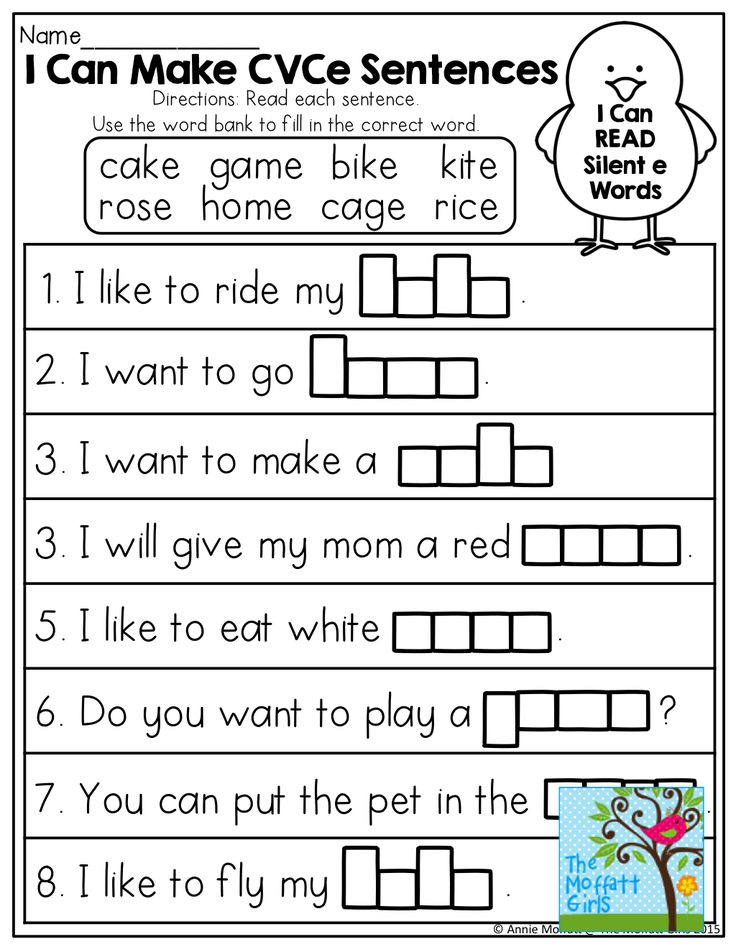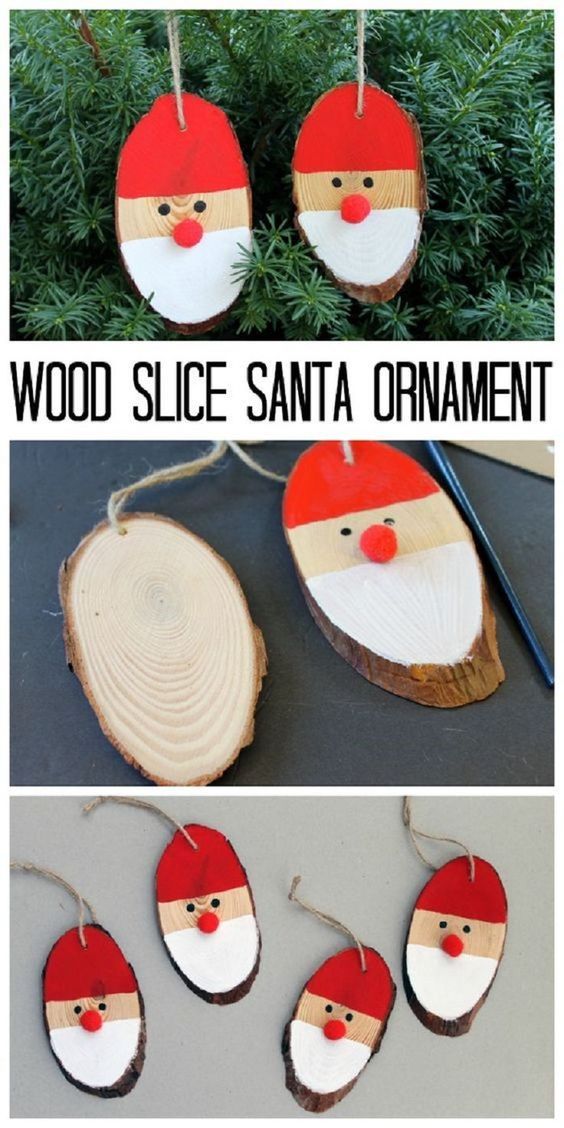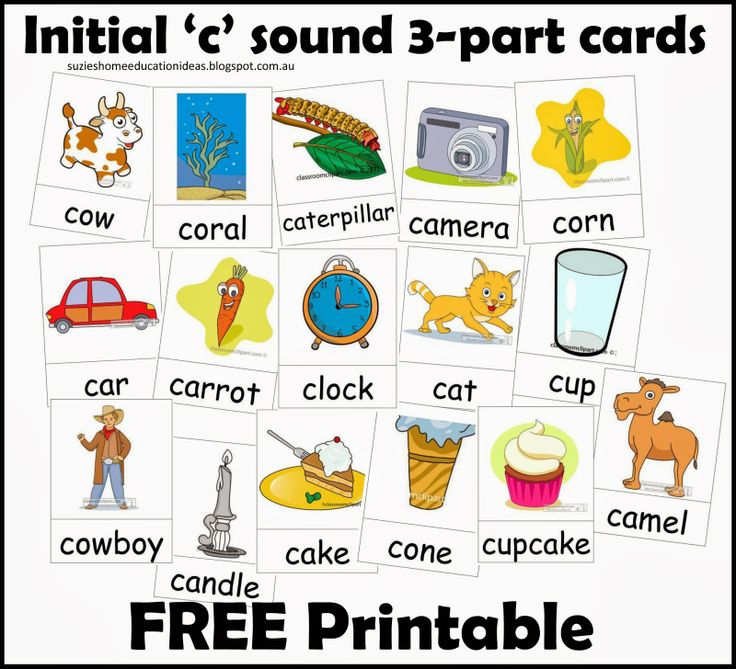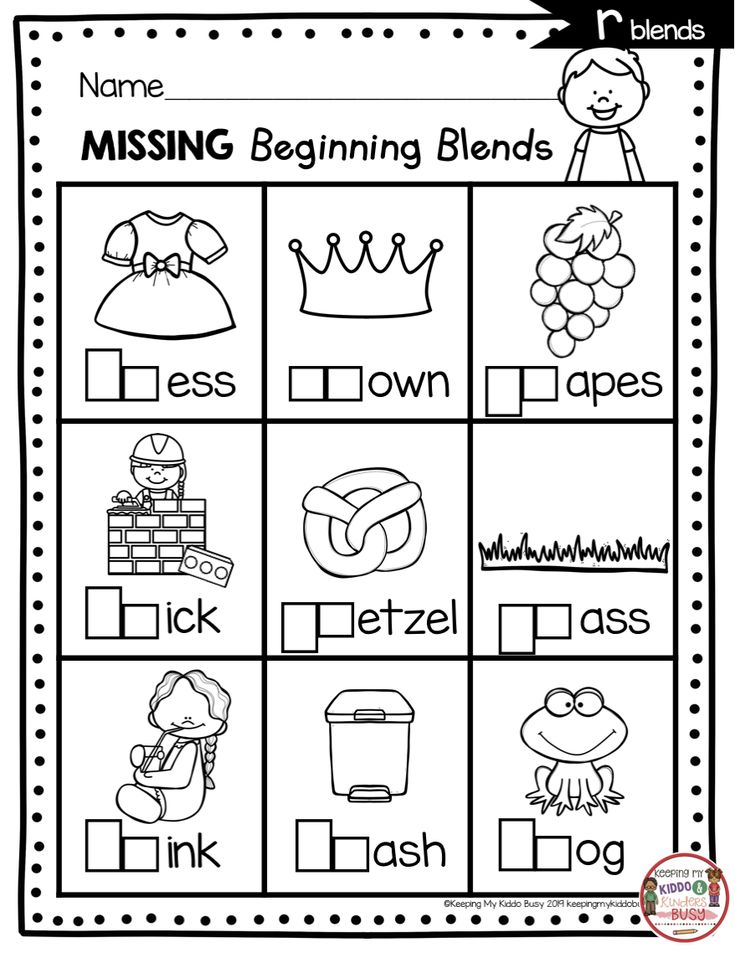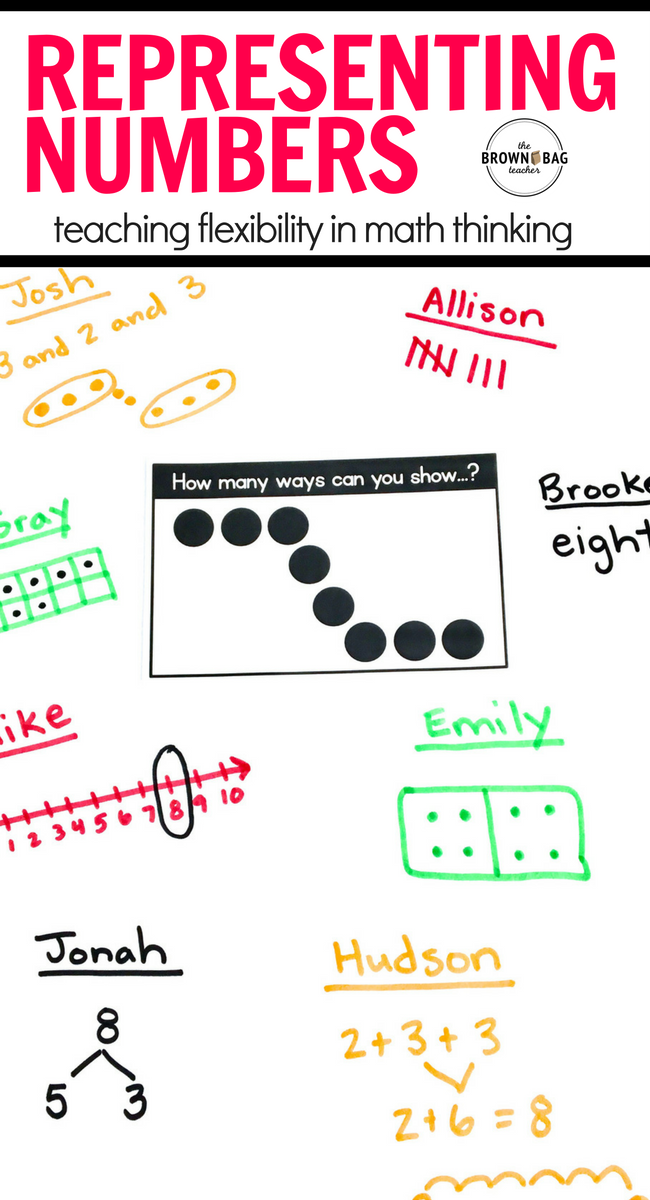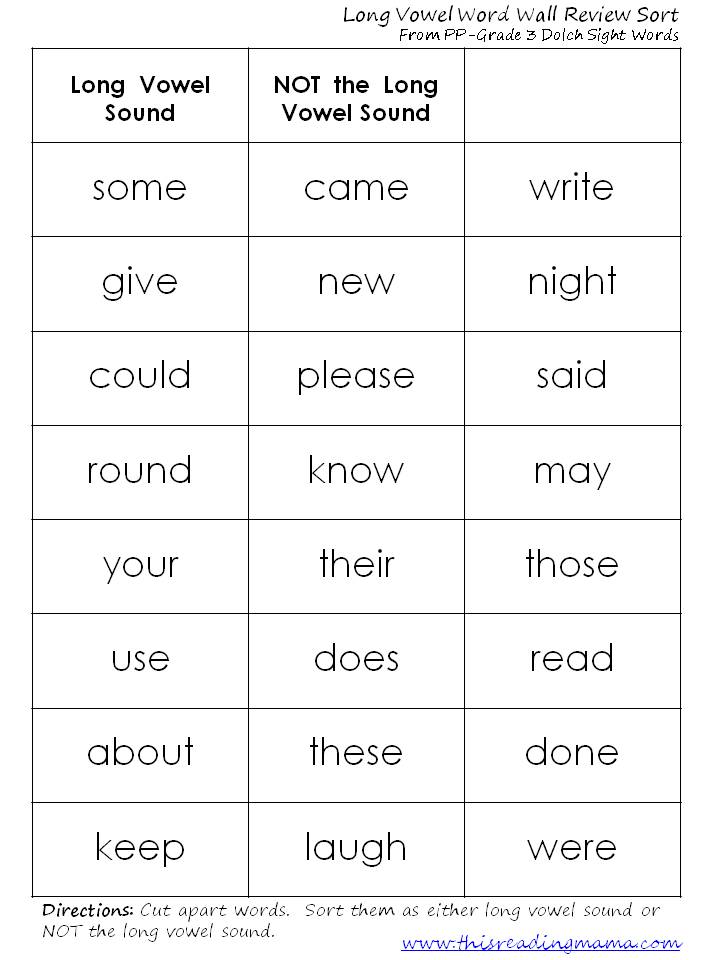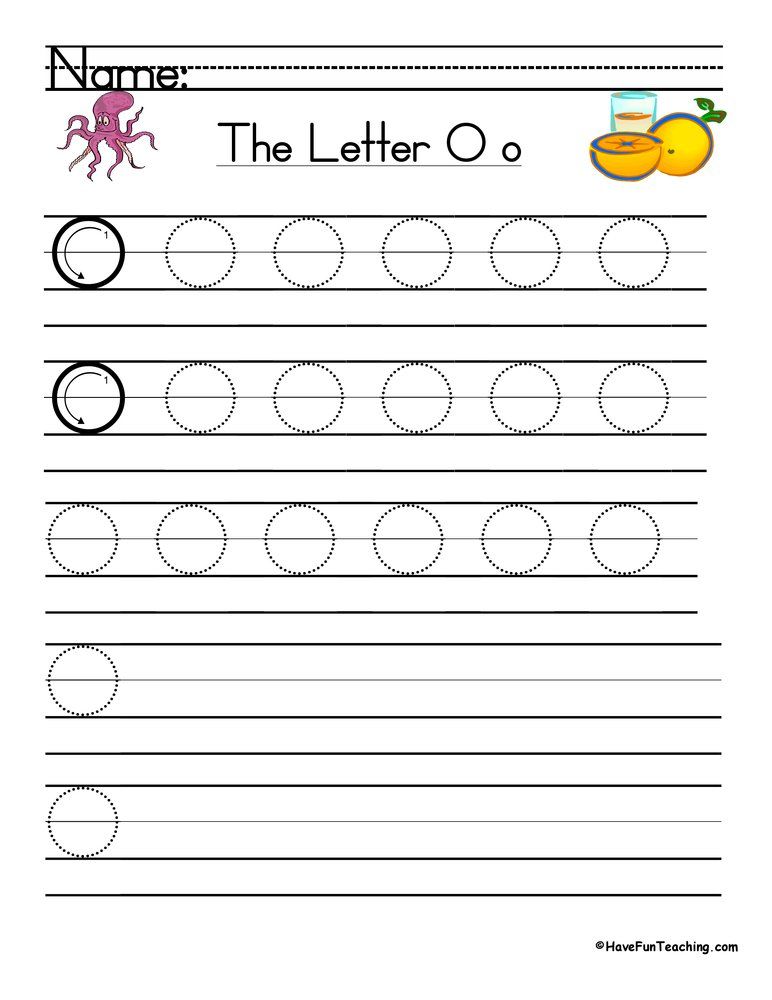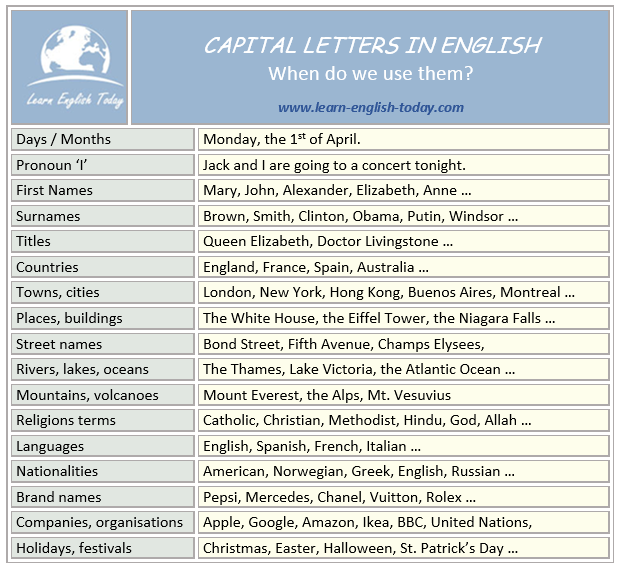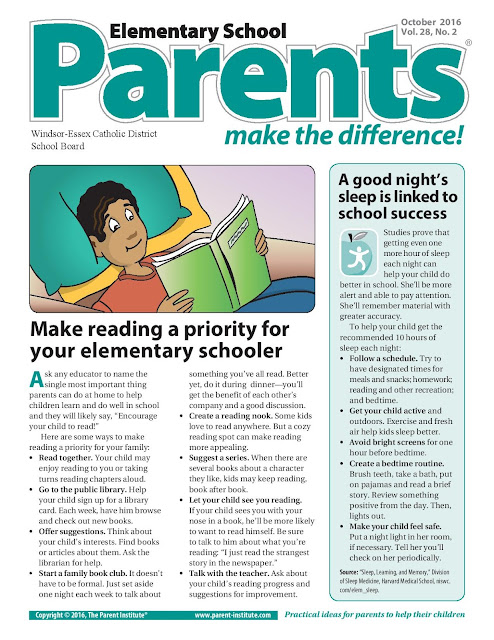Word sentences for kids
How To Make The Most Of Simple Sentences For Kids
When a child finally learns how to construct their own simple sentences, for kids (and parents!), it’s a really special moment.
Word combinations such as “knee sore” turn into, “Mommy, my knee is sore.” Or “now juice” develops into, “Can I have some juice?”
There’s no denying the importance of sentences — they help us better express our thoughts and feelings. So the only question now is: How can you help your child start constructing their own sentences so that they, too, can communicate better?
Two words: simple sentences.
When Do Kids Start Forming Sentences?
Children start forming sentences once they know a few words. But language development is quite a journey!
Somewhere between 18 and 24 months, a toddler will begin constructing two-word “sentences,” like “want milk” or “no sleep.” At this stage, they are linking two or more words together to express an idea. This is the first step and a big milestone.
By four years old (sometimes earlier), most children are speaking in complete sentences. But that doesn’t mean they’ve reached the end of their sentence journey.
While your child may be speaking in complete sentences, finding playful ways to expose four and five year olds to sophisticated aspects of sentences while being kid appropriate is beneficial. This will help them continue developing their language skills.
One of the best ways to do so is to encourage children to speak in complex sentences to express their ideas. How? This can be achieved by simply resisting the temptation to simplify our own speech.
Remember that children are learning sponges! They will naturally pick up on the language habits you expose them to. So, continue speaking in complex sentences while in their presence. It’s not a bad thing if your child asks, “What does that mean?”
Of course, simple sentences come first.
What Makes A Simple Sentence?
A simple sentence is the most basic form of a sentence.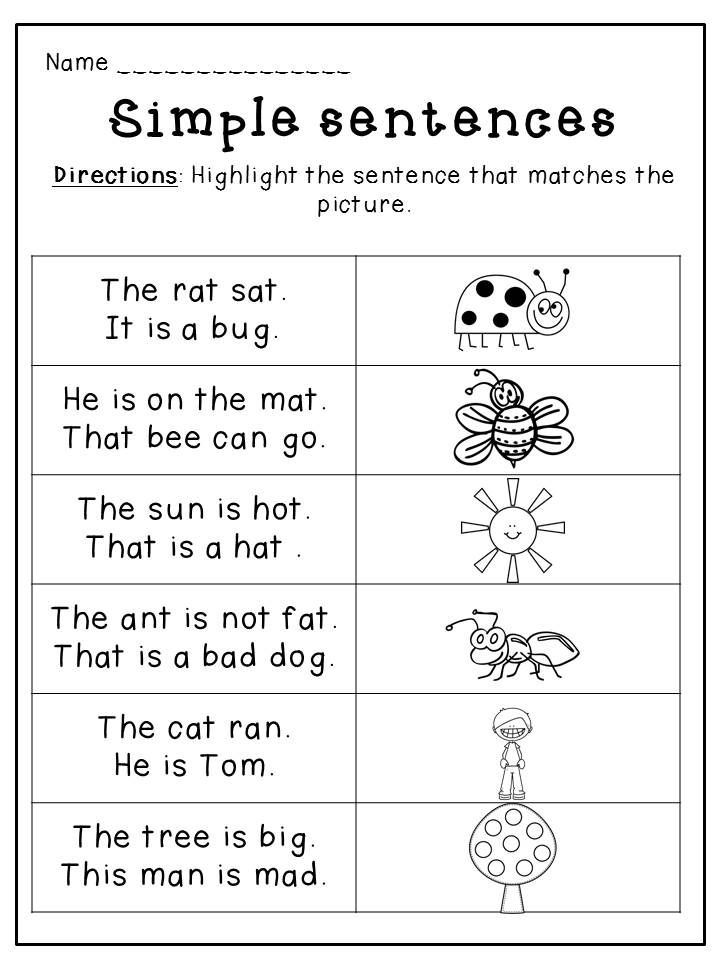 It contains only one independent clause — a group of words that forms a complete thought and is made up of a subject and predicate (which includes a verb and expresses what is said about the subject).
It contains only one independent clause — a group of words that forms a complete thought and is made up of a subject and predicate (which includes a verb and expresses what is said about the subject).
For example, in the simple sentence, Thomas kicks the ball, “Thomas” is the simple subject and “kicks the ball” is the predicate, with “kicks” being the verb, or simple predicate.
Simple sentences for kids are mostly short, but they can also be long. The length of the sentence isn’t the focus. What’s important is that the basic elements (subject and predicate) are always present.
When we communicate in our everyday lives, there’s usually a good mixture of both simple and more complex sentences without us even thinking about it. In order to help our kids reach this effortless communication stage, we need to help them understand the basics.
The good thing about the English language (and every other language, actually!) is that once you understand the basics, moving on to complicated structures is easier.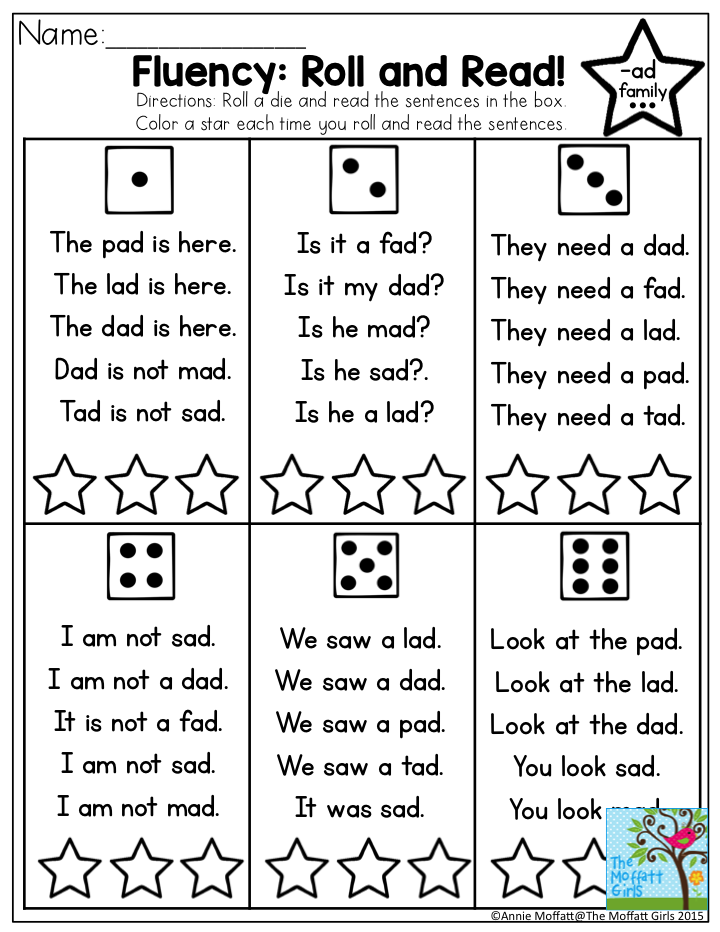
Simple Sentences For Kids To Act Out
One of the best ways for children to learn is through acting things out. If you have an active young child who enjoys moving around, why not use their energy to encourage some learning?
Here are some simple sentences for kids they will have fun acting out.
- He reads a book.
- The dog barks.
- The cat sits on the mat.
- I hop on one foot.
- The pig gobbles his food.
- The rooster crows.
With these sentences for kids, your child will have a blast while naturally learning what makes up a sentence!
Other Ways To Practice Sentences For Kids
1) Use Pictures
We recommend having your child use pictures to make up stories. You can even record the stories and listen to them for a little added fun!
If your child wants to write their ideas, too, that’s great! But don’t worry about standard spelling; much more important is the creative effort involved in thinking of a great story composed of interesting sentences of their own creation.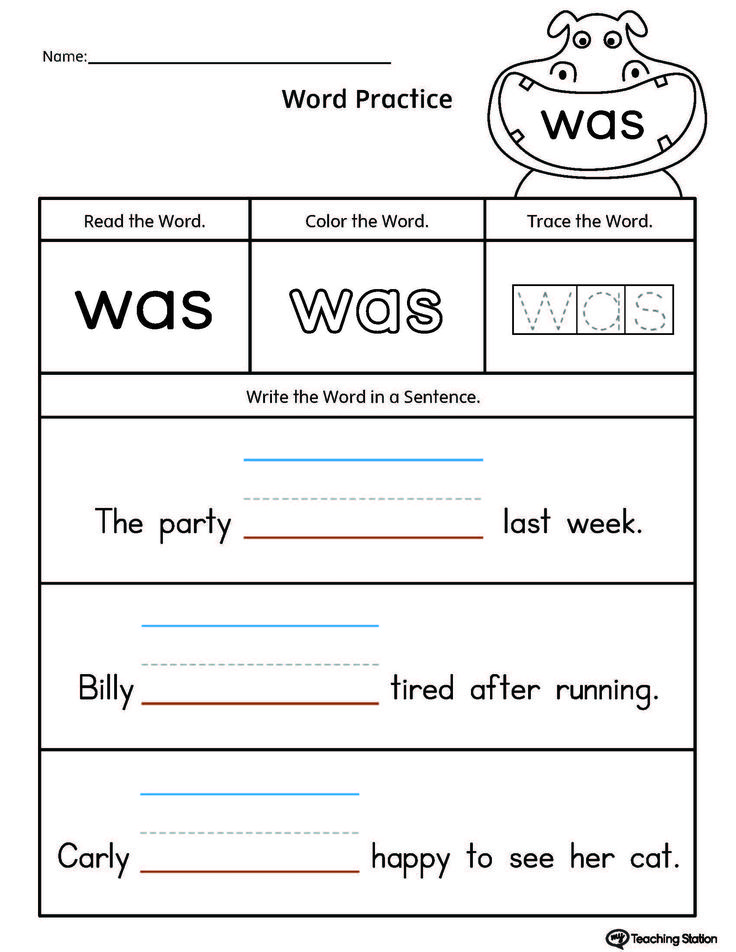
You can use pictures of animals, nature, sports, or even family photos. Then encourage your child to share whatever comes to their mind after having a look at these images.
During the first session, your child may need a few verbal prompts to help them get started. Simple questions like, “What’s happening in the picture?” or “What does this image remind you of?” can help to get their creativity flowing.
If you have multiple children, you can allow them to share what they came up with about the same image. As individuals, they will most likely think of different sentences, so this is a great opportunity to emphasize how everyone has unique ideas.
We encourage you to allow your children creative freedom here. The idea is to place an image in front of them and let them create anything they feel like creating.
2) Play Sentence Games
If you’ve been following our blog for a while, you’ll know one thing for sure — the HOMER team loves a good game! Games are not only fun, but they’re also great ways to help children remember fundamental learning concepts.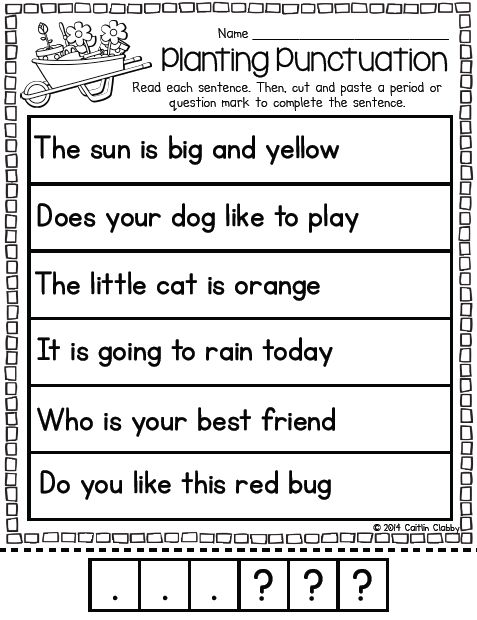
One of our favorite sentence games is Sentence Mix & Match.
What You’ll Need:
- Several index cards
- Markers to write with
What To Do:
- Write interesting subjects on half of the index cards (Ideally, these are things that your child likes. For example: dinosaurs, ice cream, different shapes, colors, etc.).
- On the other half, write predicates or sentence endings that make sense with your individual subjects.
- After writing, place the cards so that they make realistic sentences.
- Then, turn all the cards over and shuffle them. At this point, you want to ensure that you separate sentence beginnings and endings.
- After the shuffle, turn your cards over and discover what silly sentences you get.
- Remember to begin the subject cards with capital letters and sentence-endings cards with a period.
This is a fun activity to help children see that sentences are not always set in stone. They will also quickly learn that the meaning of a sentence can change when words get moved around.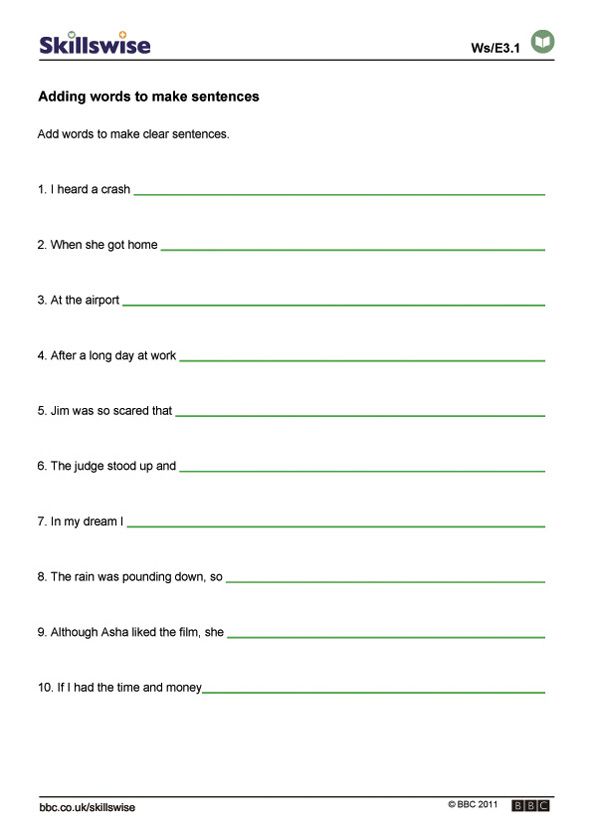
3) Play With Types Of Sentences
Sentence Mix & Match is not the only way to help children learn sentences for kids while also having fun. Another activity we’re huge fans of is playing with types of sentences. Specifically — statements, questions, and exclamations.
To get started, pick any simple sentence that your child will already be familiar with (e.g., “I like playing outside.”).
Next, encourage your child to say this same sentence as a statement, a question, and then an exclamation.
Similar to Sentence Mix & Match, this game helps children understand that minor tweaks can change the meaning of a sentence.
Children will come across punctuation marks during reading time, but they may not always understand the significance of each. This game will help your child learn how periods, question marks, and exclamation points affect a sentence.
5) Make A Switch
The subject and predicate for each simple sentence have a specific function.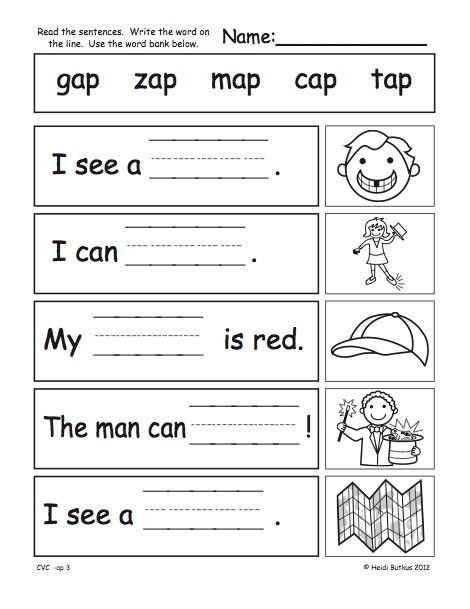 For children to use these correctly, they will need to understand what their roles are.
For children to use these correctly, they will need to understand what their roles are.
When kids start speaking as babies and then toddlers, they often repeat words, phrases, or the simple sentences they’ve heard from you, your partner, siblings, or other people around them.
At this stage, they haven’t fully grasped the functions of subjects and predicates. If we want to help our children develop their own sentences, we will need to help them understand the roles of these sentence parts.
A creative game they (and you!) will enjoy involves switching the subjects and predicates of a sentence.
Start with a simple three-word sentence, like, “A cat played.” Then take turns changing either the subject or the predicate of the sentence.
This may look something like this:
- A cat jumped
- A dog jumped
- A dog growled
- A gerbil growled
- A gerbil scampered
Once your young learner is confident switching three-word sentences, move on to four words, five words, and so forth.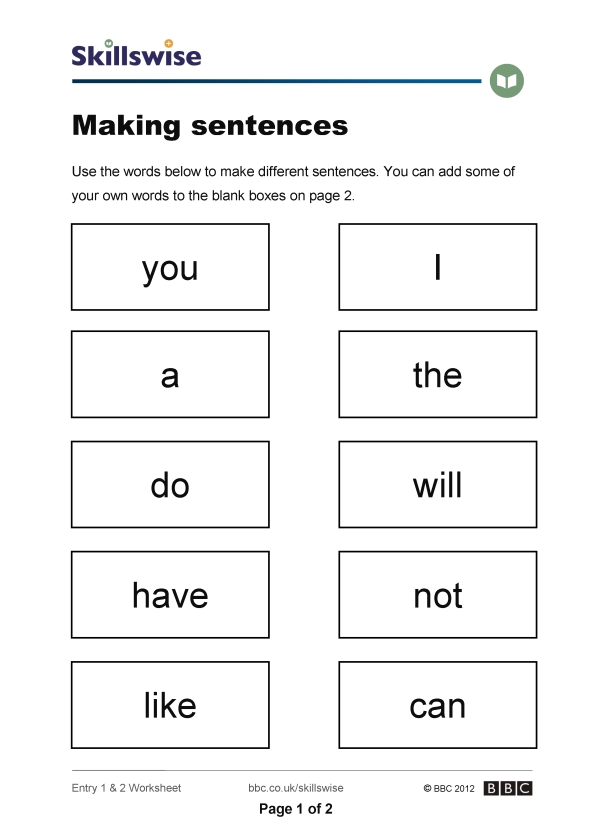
Through this fun activity, your child will start understanding the roles of predicates and subjects in sentences.
Simple Sentences For The Win!
A child’s language journey is pretty incredible. It often starts with lots of babbling and moves to single words. Soon, you get two-word combinations, and before you know it, you’re given a detailed account of what happened in class today.
As you’re doing the activities we’ve mentioned, remember to allow your child creative freedom. We know that language has a lot of rules, but that doesn’t mean it can’t be fun! Encourage your young learner to be as imaginative as they want to be.
For instance, if they write or say, “The lion growls at the dinosaur,” let’s celebrate the correct sentence construction and, for a moment, imagine a world where lions and dinosaurs exist in the same age!
For more fun and effective learning activities, check out the HOMER Learn & Grow app.
Author
English sentence-bank: 7-word sentences (416)
2014.
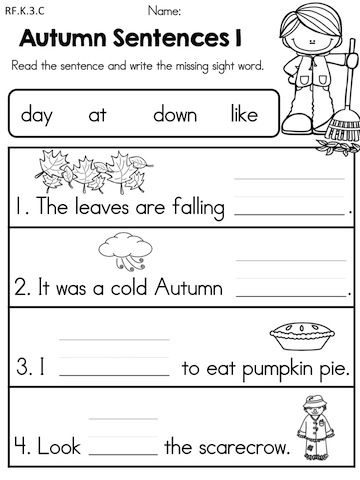 07.29. 02:39 aforizmágus
07.29. 02:39 aforizmágus - My children and I go to school.
- She said hello to the little girl.
- He has as many children as them.
- He can go and so can she.
- There are only five students here today.
- His name is very hard to spell.
- She said that she needed my help.
- They have two girls and one boy.
- Can you change the way you dress?
- She would like to answer that question.
- We can all learn from this exercise.
- You can have any thing you want.
- Does your boss need any new workers?
- I asked him to check my work.
- The charity is in need of funding
- Make sure you put your toys away.
- You seem to live a nice life.
- I am great today, how about you?
- It is much harder to do that.
- It is just about the same thing.
- You can use another piece of paper.
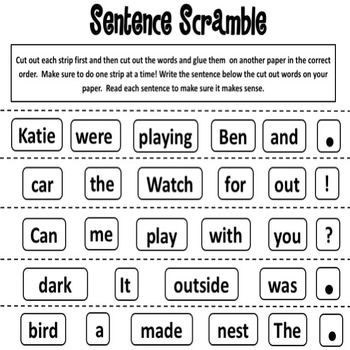
- This is what an orange looks like.
- That is how we do things here.
- I will help you with your work.
- Can you get up on the roof?
- How about we go to the movies?
- We like to go out on Saturday.
- He will take us into the caves.
- I don't have the time right now.
- Will you look at this for me?
- You can have one or two cookies.
- I am going to write a letter.
- Do you know which way they went?
- That could have been a bad accident.
- There are a lot of people here.
- She would rather have apples than oranges.
- Today has been a very long day.
- Will you help me find my wallet.
- I am going down to the basement.
- Everyone needs good luck for an interview.
- This is the end of the line.
- What was the name of that person?
- What was the price of that car?
- As time goes by, we get older.
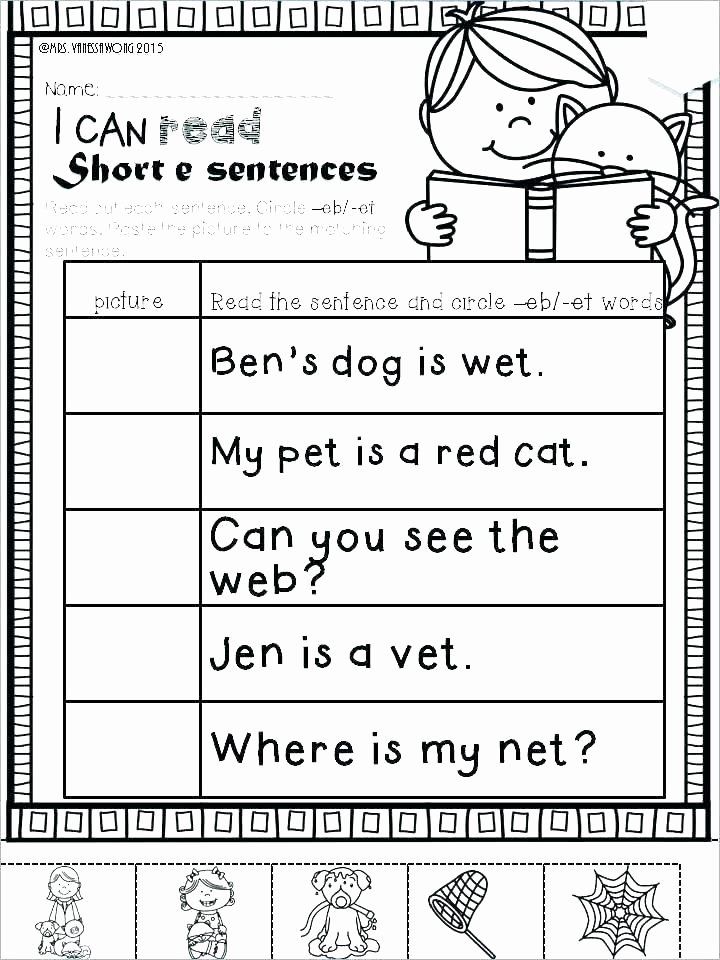
- I spoke to my father this morning.
- There are a few of them left.
- I have lived a very long life.
- You can do this more than once.
- He went to bed late last night.
- That is a large body of water.
- I saw him walking across the street.
- The waves in the ocean are beautiful.
- I will meet you at five p.m.
- Who is the king of the castle?
- What kind of fish did you catch?
- He would like to ride a horse.
- Would you like another piece of pie?
- One hundred days is a long time.
- She is going into town later today.
- They are the last to be served.
- There are five years in high school.
- Can you read me a story tonight?
- There are 26 letters in the alphabet.
- I will meet you around the block.
- There are sixty minutes in an hour.
- A stove produces a lot of heat.
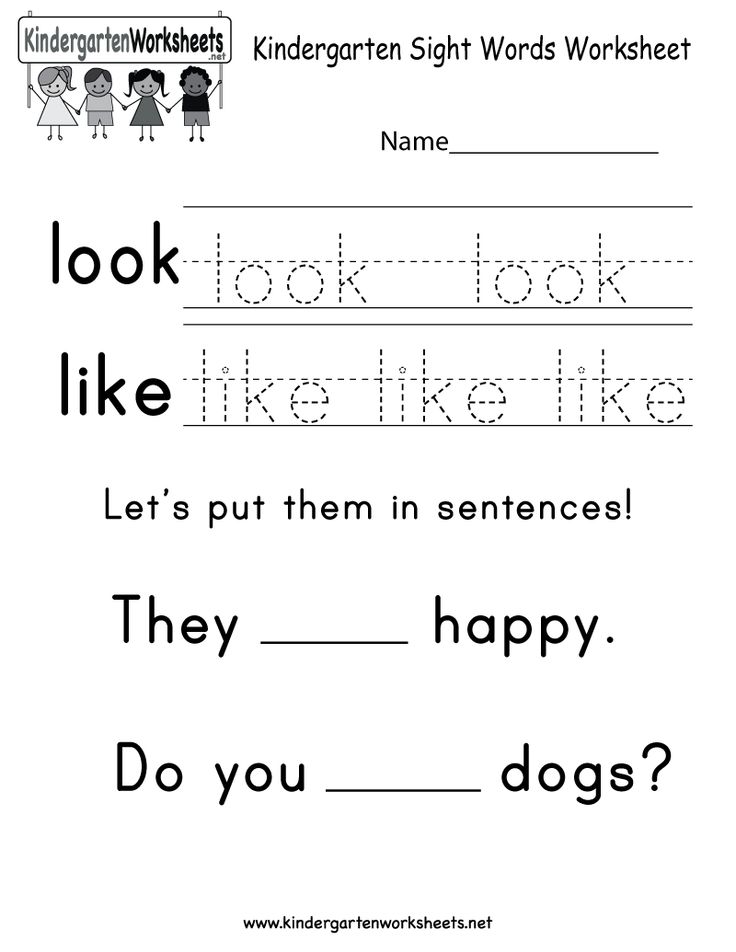
- What speed do you drive your car?
- I like to sail on the ocean.
- I couldn't think of anything to do.
- In case of an emergency, call 911.
- What was the result of the test?
- I have a new pair of shoes.
- She decided to wear a dress today.
- He left me a note this morning.
- She has less money than she thought.
- A circle is a very common shape.
- The road is meant for driving on.
- Is what you are saying a fact?
- I have known them for a while.
- I am going to do an experiment.
- Men and women are equal in Canada!
- You still need to write a report.
- I am going to visit my family.
- I have direct deposit with my bank.
- I am going to visit my uncle.
- How many students are in your class?
- He is the president of the company.
- Some math numbers use a decimal point.
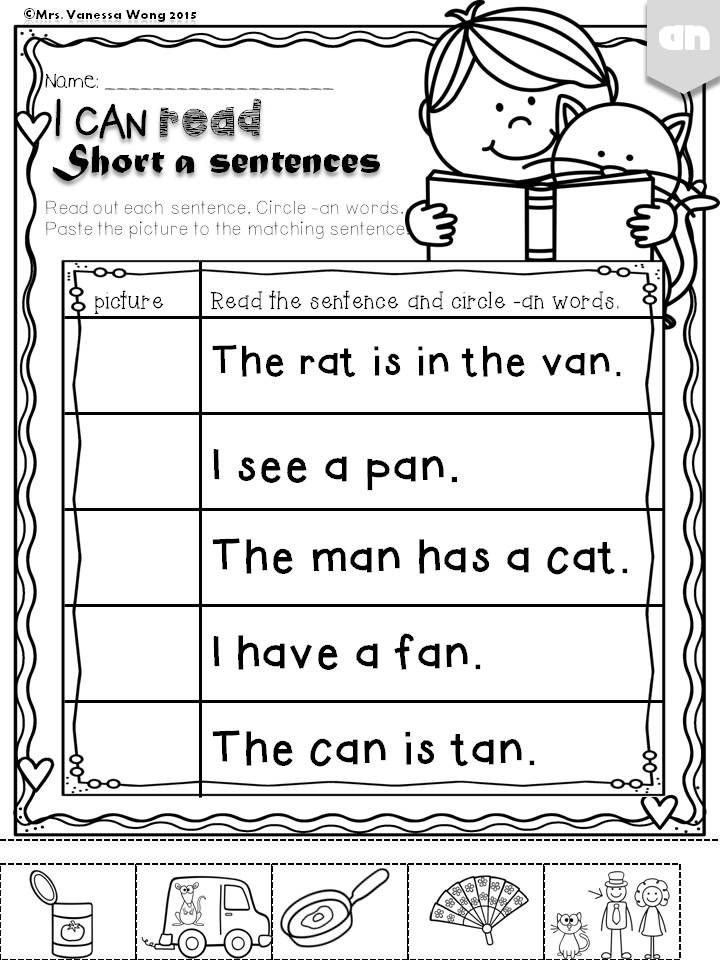
- The glue will stick to the paper.
- Let's go to the movies this weekend!
- I like to be friends with everyone.
- Babies are very tiny compared to adults.
- Please be quiet, the baby is sleeping!
- Can you teach me how to act?
- I can count very high in French.
- Be careful you don't cut your fingers!
- I will include you in the game.
- He had shown me his stamp collection.
- Please cross the road at the lights.
- What is the amount of the bill?
- Some women go through a natural birth.
- I need new wheels for my car.
- The base of the lamp is broken.
- Will you explain that to me again?
- The shape of a ball is round.
- How did you do on the test?
- It's not good to fight with people.
- I like the beat to this song.
- Can you help me solve this problem?
- What factors is your decision based on?
- What type of music do you like?
- That was a wonderful moment we shared.
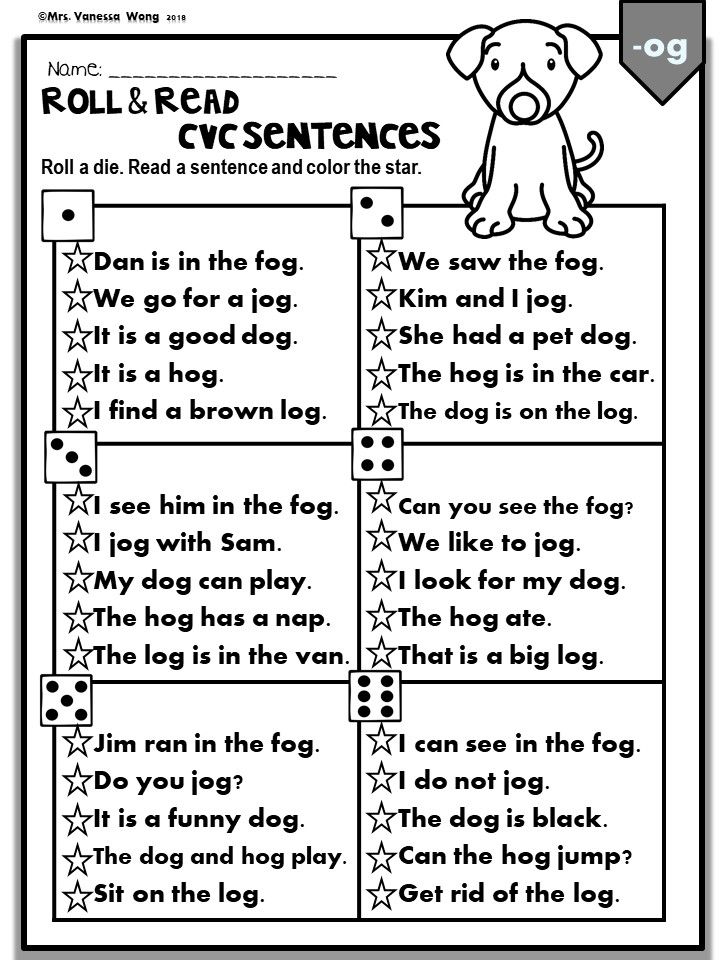
- There are five members in this club.
- Your legs are stronger than your arms.
- Am I going in the right direction?
- You must learn to use your mind.
- That is a large sum of money.
- You lay the baby on the bed.
- He made a long distance phone call.
- I heard you started a new job.
- We have many cells in our brains.
- What is the cause of this problem?
- Have you ever gone on a train?
- We sat at the table for dinner.
- All of our crops died this year.
- Please go play with your toy soldiers.
- You have a good sense of humour!
- He is the observer for this class.
- He works for a very large company.
- I would love to travel to France.
- How many people are in the office?
- Death is very sad for some people.
- He hopes he will win the contest.
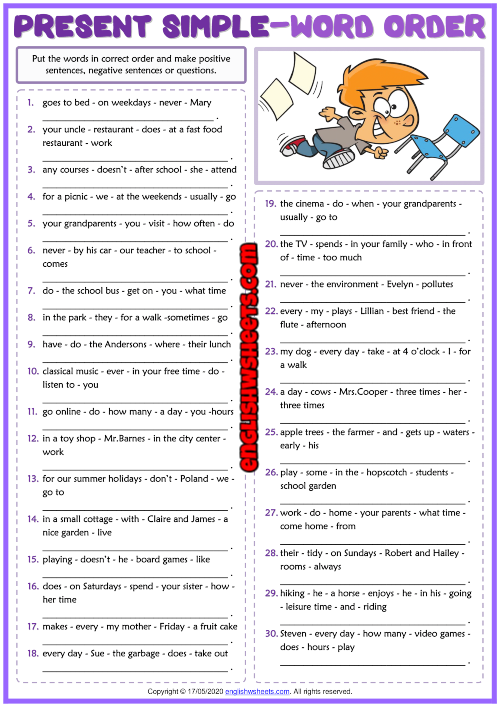
- I need to buy some new tools.
- Take a right at the next corner.
- Most kittens like to play with string.
- There are many bare branches right now.
- I want to learn the Japanese language.
- She will be eight years old tomorrow.
- Our math test required doing some division.
- There is a new shop opening today.
- Some recipes require a lot of sugar.
- My son is huge for his age.
- My husband bought me a rose today.
- Does this have any effect on you?
- You must be silent in the library.
- There will be a big crowd tonight!
- There are seven days in a week.
- You must ring the bell before entering.
- That's a very emotional poem you wrote!
- Do you want to sell your car?
- Your dance requires a lot of movement.
- My uncle owns a couple of factories.
- The entrance is located at the rear.
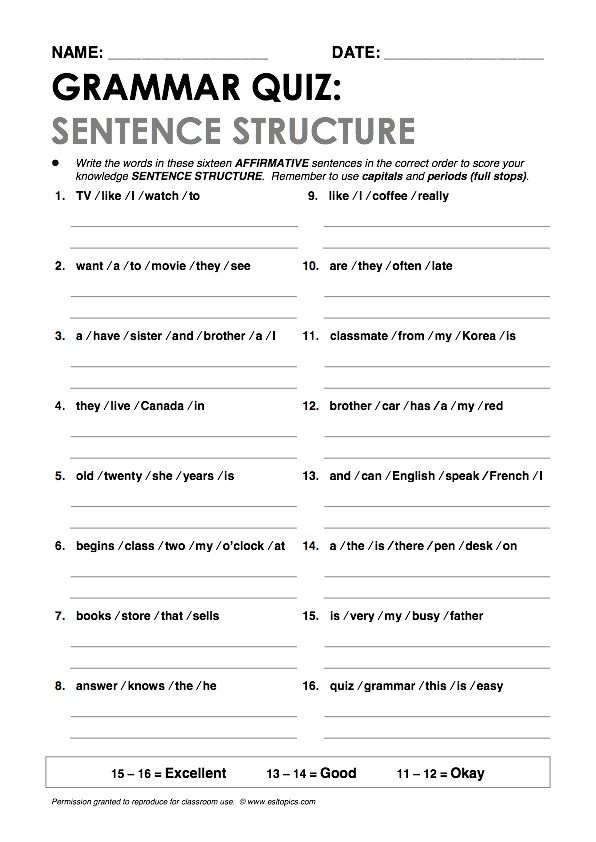
- Your nose is located on you face.
- What is the suffix of that word?
- What colour of apple do you like?
- That movie had a lot of action.
- What's the chance of it snowing today?
- You have many molecules in your body.
- Have you ever seen the Northern Lights?
- I like the smell of cooked turkey.
- I like the view from this office.
- Where do you get your art supply.
- What position does your baby sleep in?
- What are the terms of the contract?
- I don't like that tone of voice.
- He broke several bones in the fall.
- We need an addition to the house.
- If he asked me, I‘d come.
- My son is older than my daughter.
- Will you go on holiday this summer?
- A fork is used to eat with.
- Mr Jones asked how I was yesterday. (=”How are you today?”)
- It rained all day yesterday, didn't it?
- If I were you, I would go.
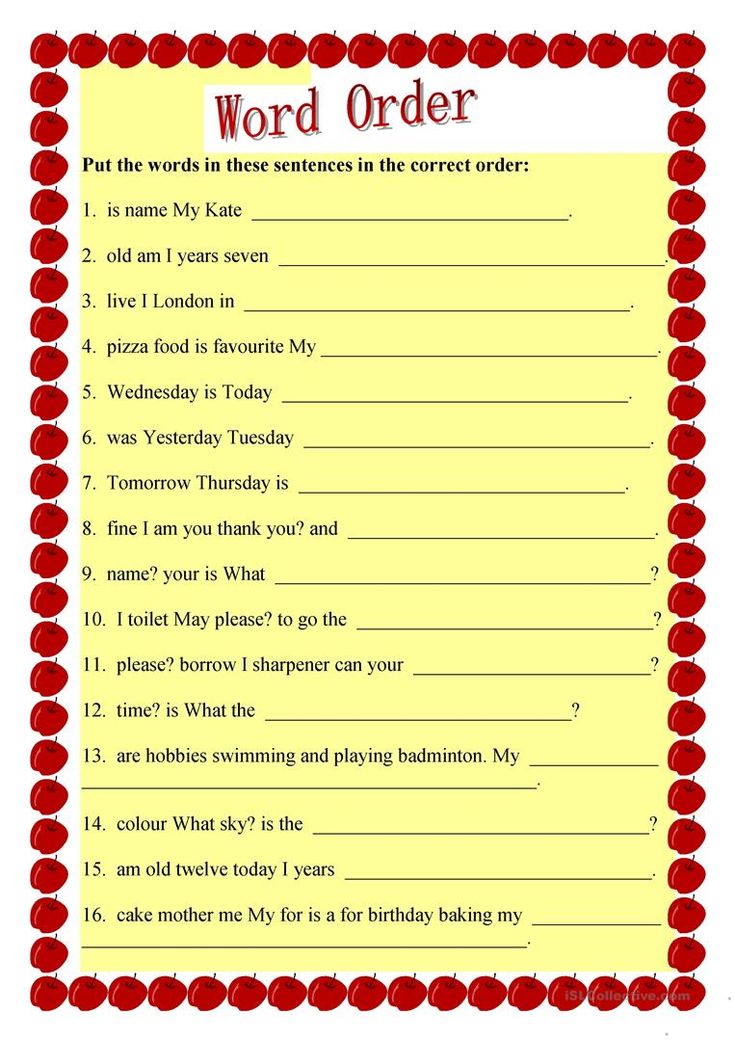
- I have written this letter in ink.
- Do you ever go shopping without money?
- The teacher was angry with the pupil.
- Yesterday I sewed my son's trousers.
- If he asks me, I'll stay.
- My father's sister is my aunt.
- I wish I had passed the exam.
- Do you have a bath every day?
- "You are standing on my foot." - "Sorry!"
- I can hear a strange noise now.
- John saw this film two months ago.
- I haven't taken any photographs for years.
- The teacher agreed to come with us.
- I wasn't introduced to her mother.
- John is interested in passing his exam.
- I wish I could speak several languages.
- He wasn't surprised at what he saw.
- I saw your friend two weeks ago.
- You are asked to report at 9 o’clock.
- He has been watching television for hours.
- A single or a double room, sir?
- You will find the answer on page 75.
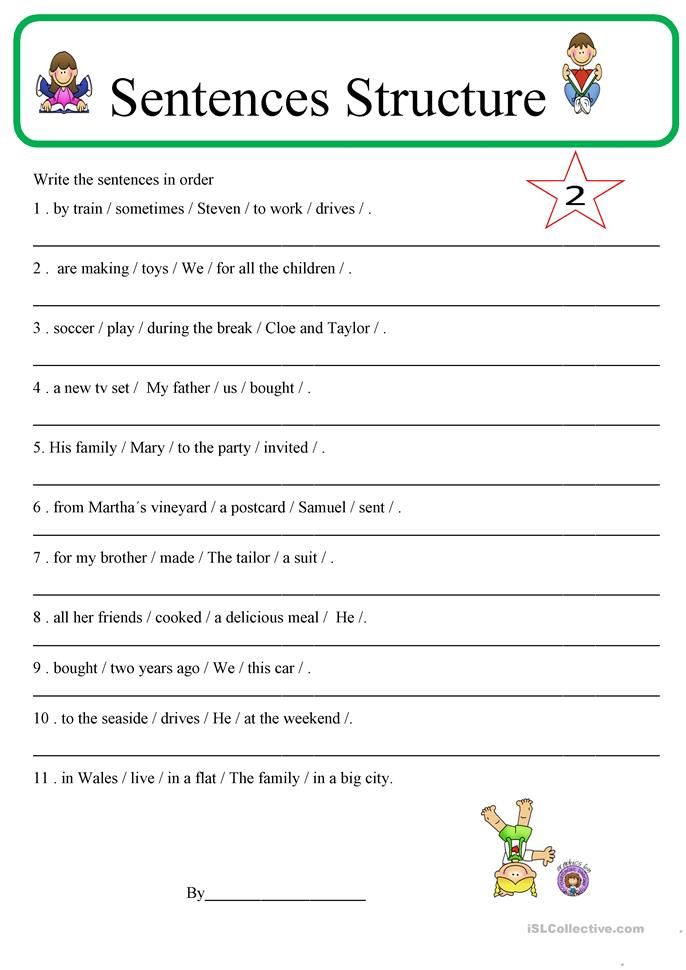
- I was told to rewrite my letter.
- The boy that ran away was David.
- Football is an interesting and popular game.
- He is very good at translating Latin texts.
- Smoking is a bad habit of yours.
- Our windows will be cleaned this afternoon.
- I don’t know what you mean.
- Please close the windows before you leave.
- Remember to wash your hands before dinner.
- Shall I open the door for you?
- We arrived in the village at night.
- Who came to see you last night?
- Arabic is the native language of Egypt.
- He has a good knowledge of history.
- Will you please lend me this book?
- You should brush your teeth after breakfast.
- May I have another piece of cake?
- „Who did he talk to?” - „His friend.”
- All our suggestions have been turned down.
- Can you exchange these dollars for forints?
- There is no excuse for coming late.
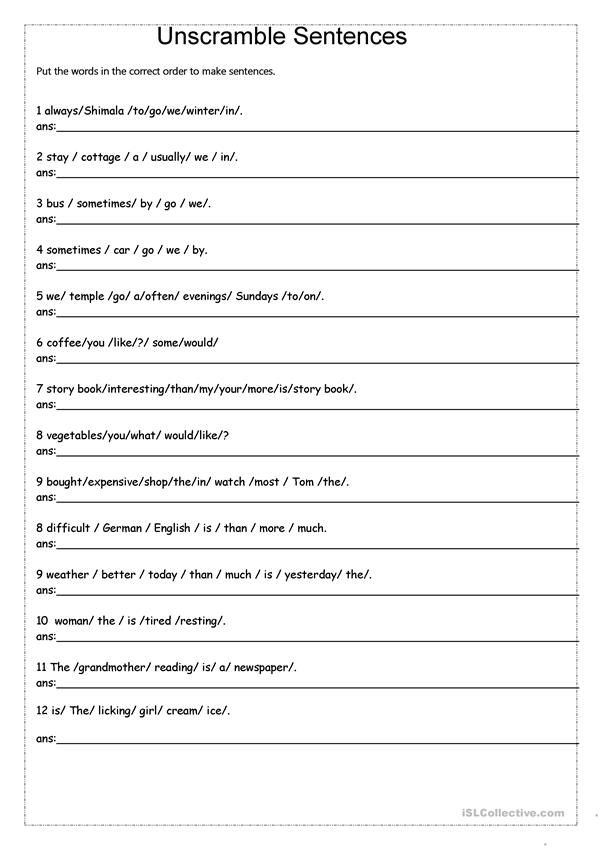
- The noise did not let me sleep.
- Waiter, when do I get my breakfast?
- His mother’s brother is his uncle.
- What’s the weather like in Britain?
- You are right, Genova is in Italy.
- He arrived at the station at 4 pm.
- This street is narrower than that one.
- He drank half a glass of milk.
- American children watch television 36 hours a week.
- Look, Mother! Jack has brought you some flowers.
- So far I have had no trouble.
- The scissors are lying on the table.
- Please ring me up when you arrive.
- I am looking forward to seeing you.
- He has been to London four times since 1974.
- I have a new pair of shoes.
- We arrived at the airport in time.
- After eating I often go to sleep.
- My brother's son is my nephew.
- Do you know how to make coffee?
- The lift was again out of order.
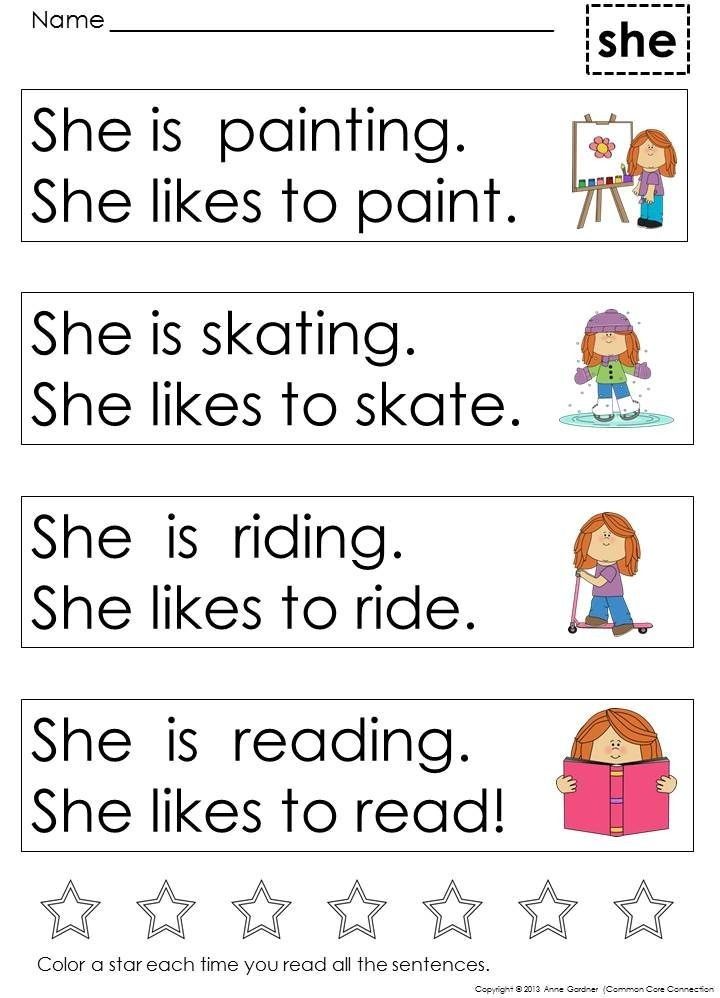
- I haven't driven since my accident.
- I have been working very hard lately.
- There was an accident here at midnight.
- He came late because of an accident.
- You had better go home at once.
- I know how to drive a car.
- What does he do for a living?
- He talks as if he knew everything.
- He asked me what games I played.
- The house he lives in needs repairing.
- „I am very unhappy today.” - „Cheer up!”
- I get up at six every morning.
- Henry was sick yesterday and missed his classes.
- My father has more books than you.
- You can buy meat at the butcher’s.
- If I were Peter, I would marry Sue.
- Sheila has a two-month-old baby.
- What is the price of this watch?
- Telling lies is a very bad habit.
- Is this a table? - Yes, it is.
- Where’s Mrs Harrison? - She’s in the kitchen.
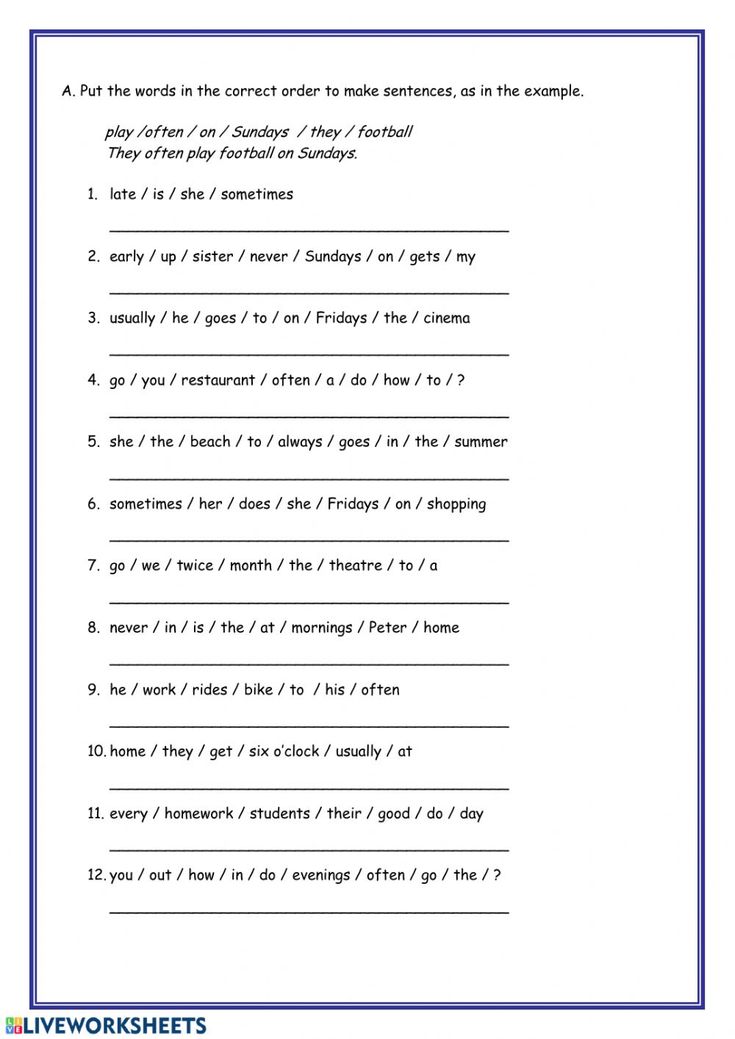
- The window’s open and the door’s closed.
- Which books? - Those in front of you.
- I want those boxes. - These blue boxes?
- They’ve got wine and I’ve got water.
- Their hands and feet are not cold.
- But, of course, they have some money.
- Their wallets are not empty like Sue’s.
- There are no lights in the house.
- Come on, Mrs Harrison, open the door!
- Is there a bell? - Yes, of course.
- Is it yours? - No, it isn’t mine.
- Now Mrs Harrison’s walking into the sitting-room.
- In his dream Arthur’s got a car.
- Bruce isn’t driving the car; Arthur is.
- It’s a beautiful day and Arthur’s happy.
- Arthur and Mary are librarians in Middleford.
- He’s coming out of the water now.
- He has some books in his hand.
- They’re sending another box of books tomorrow.
- Mary, come here.
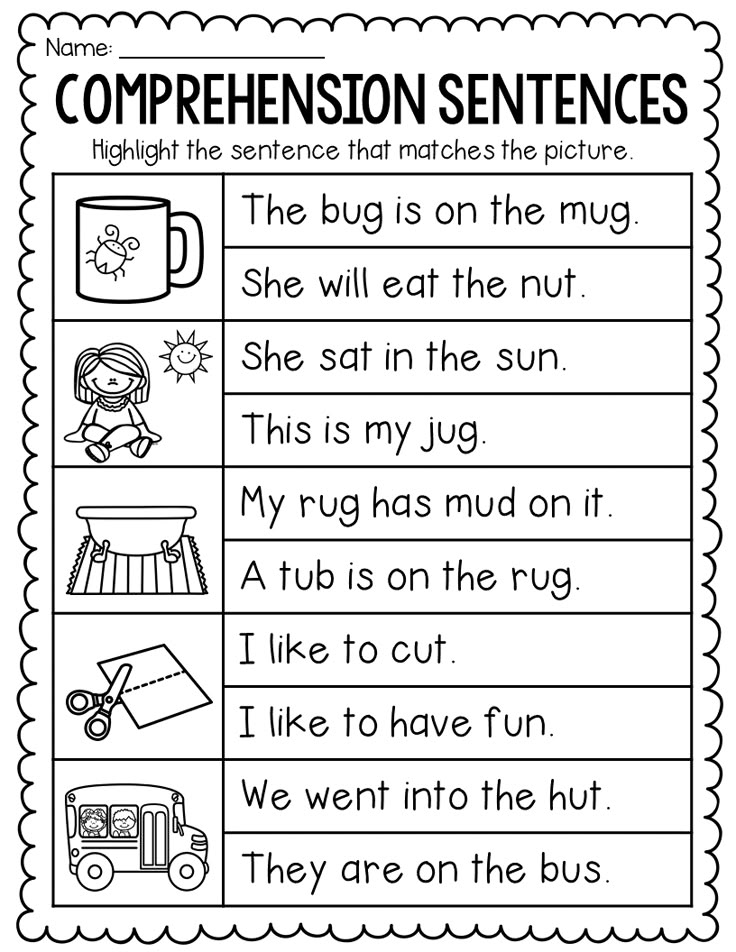 - Coming, Mr Steele.
- Coming, Mr Steele. - It is now a quarter past nine.
- He cannot get up in the morning.
- ’I must find them,’ he is thinking.
- Oh dear, the bus is not stopping.
- Arthur is looking through the library window.
- He isn’t late today - he’s early.
- This morning he has time for breakfast.
- Now Mrs Harrison’s bringing in the post.
- How much is the fare to Applefield?
- There’s only one girl in this room.
- We're going to her aunt's in London.
- How many stops are there before London?
- I've only got one pair of hands.
- Now Bob is talking to the porter.
- Is that for me? What is it?
- I’m a student. I’m at London University.
- This is Bob. Bob, this is Mary.
- She’s got your bag and your overcoat.
- I sometimes see him in the summer.
- There’s a young man in the car.
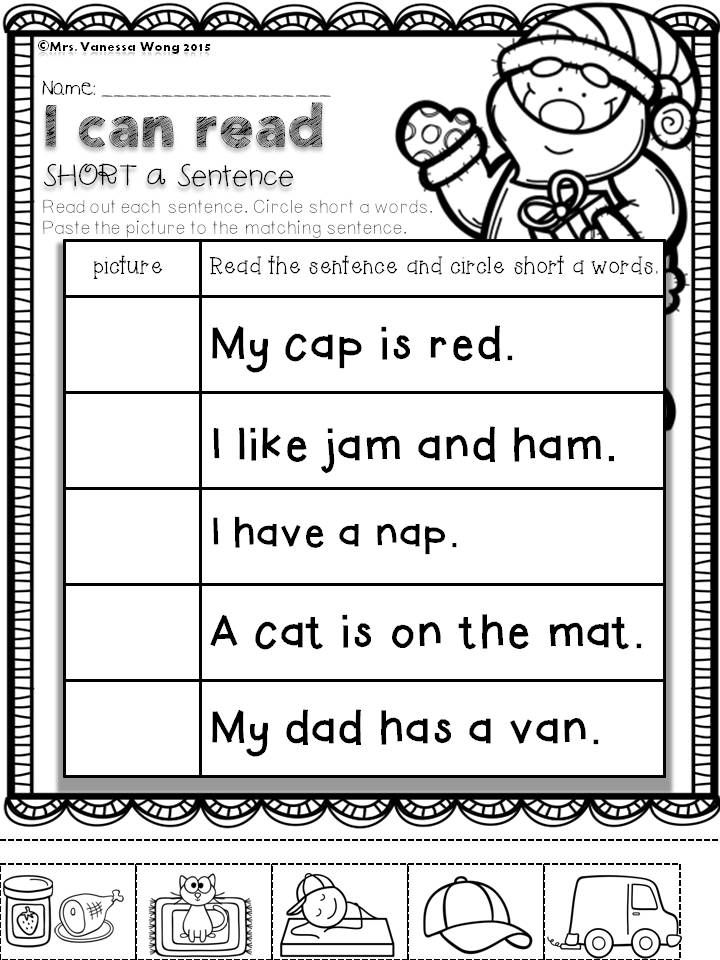
- Don’t come anywhere near the car, please!
- Can you hold this torch for me?
- Now, can somebody give me my bag?
- Now it’s eleven o’clock on Sunday morning.
- He has not even had a shave.
- What are you doing with that paper?
- Sheila, what do you want to drink?
- Just a sweet sherry for me, please.
- I’m going to have a tomato juice.
- James, of course, is still in hospital.
- Now Mr Steele has just come in.
- He hasn’t gone into his office yet
- Have you been here since nine o’clock?
- Well, 5 days, that’s nearly a week.
- Come into my office for a minute.
- Well, you haven’t sent me an email.
- Last weekend in Applefield Arthur was broke.
- It was the end of the month.
- We can go home now, can’t we?
- There were a lot of people in.
- Well, it’s a lovely evening, isn’t it?
- We must both work tomorrow, mustn’t we?
- That was very nice of you, Arthur.
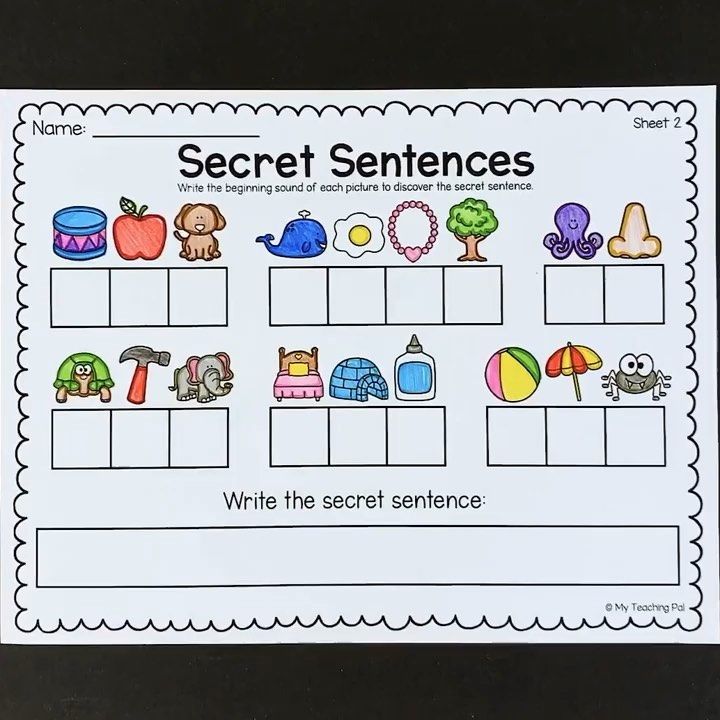
- Arthur got up early on Saturday morning.
- He wanted to hear the weather forecast.
- I can row first if you like.
- I’m not too big, am I, Arthur?
- Perhaps it’s time to go back now.
- It’s a bit cloudy too, isn’t it?
- Mary didn’t even say goodnight to Arthur.
- You gave it to me on Monday.
- Did you ever learn about the controls?
- What do you think of that one?
- I must say it looks very nice.
- A bit too much for you, perhaps?
- I can see you’ve got the taste.
- That’s only three thousand, five hundred pounds.
- It goes well. That’s the main thing.
- Charlie, come over here for a minute.
- You want to buy that, do you?
- Why not drive it round the block?
- He needn’t go by train this time.
- He told her about his ‘new’ car.
- Now where did we put the car?
- I’ll sit in front because I’m navigating.
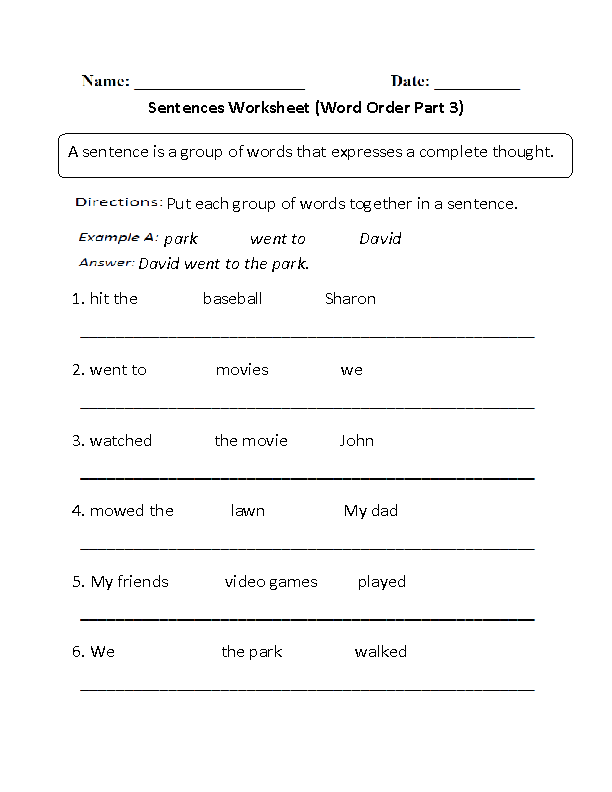
- Well, personally, I think it’s very nice.
- Look, it says Swanage - two miles.
- Arthur’s car was at the police station.
- That’s him over there, the grey one.
- He’s the nicest horse I’ve ever seen.
- I like ’Darling Mary’. (a horse’s name)
- We can see the race better there.
- You haven’t got much farther to go.
- It’s the slowest horse in the race.
- Didcot’s nearer to Applefield than Middleford is.
- I was talking to my friend, actually.
- What did you say about our Fred?
- It was a brief moment of joy.
- Mary was also working in the library.
- You see, I thought I was lucky.
- I have a flat and a house.
- I have a map in my notebook.
- I'm married and I have two children.
- I live in the south of Hungary.
- I want to drink a cold tea.
- I have a niece and a nephew.
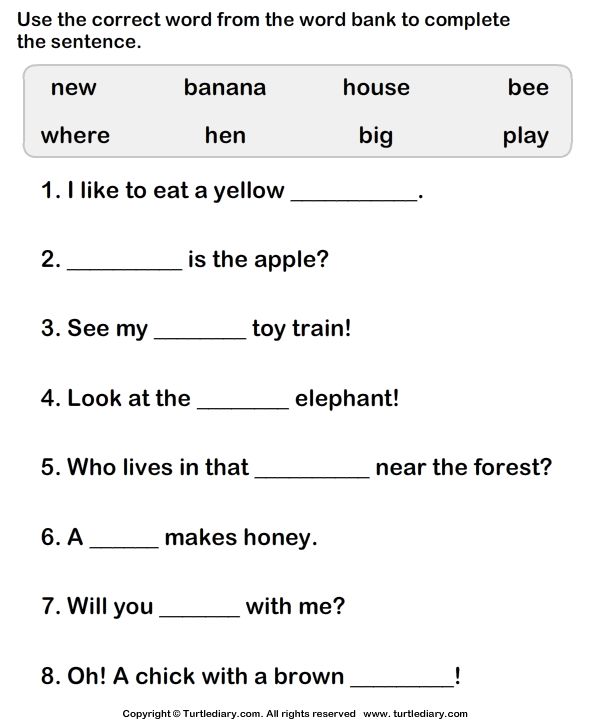
- What are you doing in the afternoon?
- When will you come and see us?
- He has two hours to get here.
- Have you ever seen a big plane?
- I have to speak to the receptionist.
- What the hell are you doing here?
- I need to have a hobby.
- I don’t want you to be late.
- I never drink alcohol when I drive.
- It’s very windy now – let’s go sailing!
- This is one of my favourite songs.
- In winter I love having hot baths.
- Do you know what is behind you?
- In my room the carpet is grey.
- When were you last at the chemist's?
- Do you wake up by an alarm-clock?
- I was very happy during the weekend.
- My friend would like to be famous.
- I can't find food in the fridge.
- How often are you in your kitchen?
- Are you a member of the library?
- There isn't a mirror in my room.
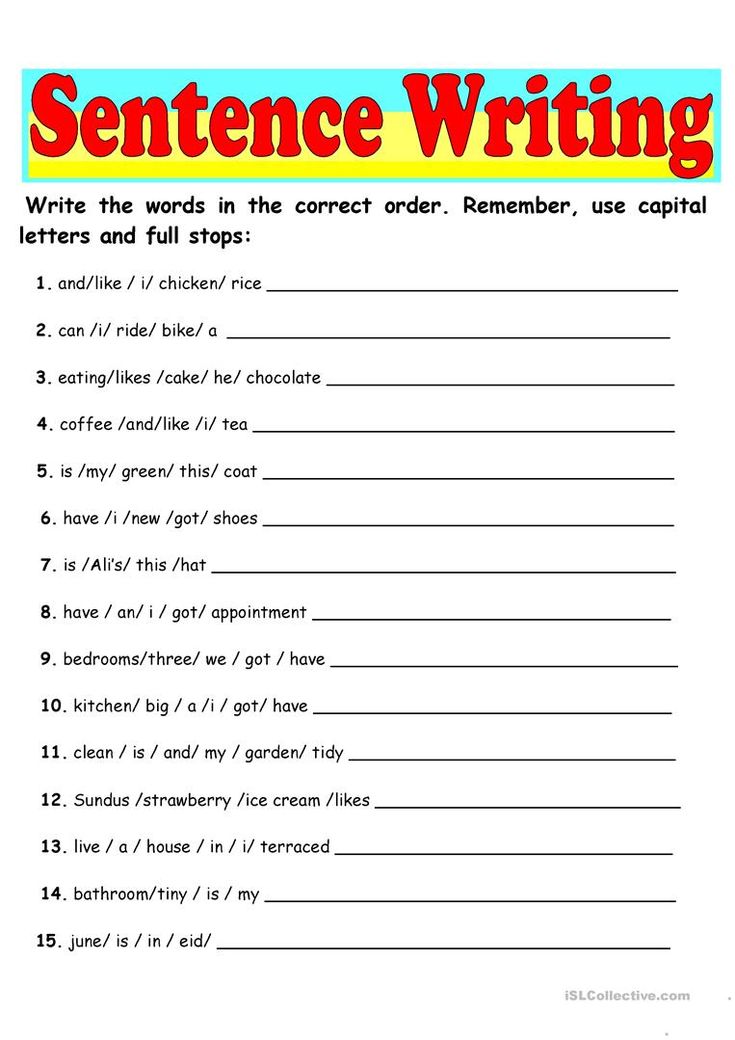
- My radio-reading lamp-alarm clock is very modern.
- I haven't been to a big palace.
- There are six pictures on our wall.
- This is a great place in summer.
- We have a sofa opposite the tv.
- I got a stereo for my birthday.
- My cat likes sitting on my table.
- Do you know the new car-racing champion?
- Tell me where the check-in desk is.
- I can't answer you this question fluently.
- Who is that man at the gate?
- Can you hear me in this noise?
- How much did you earn last month?
- They stopped us at the passport control.
- I have to practise this all day.
- Can you smell this smoke or something?
- What do you think of this problem?
- Do you know who her clerk is?
- How much would you like to earn?
- What do you enjoy most in summer?
- Where can I find you in summer?
- What do you want to eat later?
- When did you come home last night?
- My grandfather is over 90 years old.
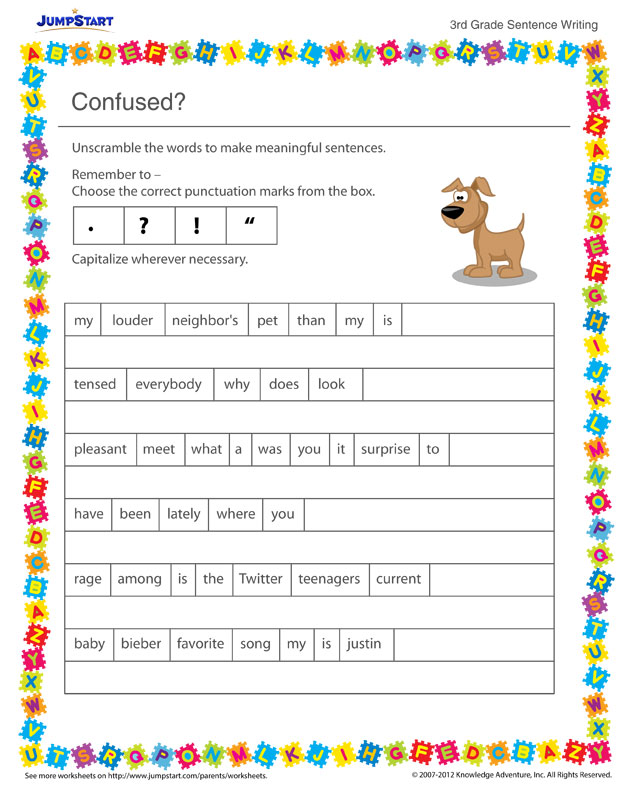
- It isn’t so good to be popular.
- Have you ever seen a real star?
- The weather is wonderful by the sea.
Címkék: fordítás angol angol tananyag példamondatok fogalmazás szókincsfejlesztés
Word games for preschool children | Speech development card index (senior group):
Word games for children of the senior group
“Finish the sentence”
Game progress
• Mom put bread. where? (into a breadbasket)
• Brother poured sugar. where? (to the sugar bowl)
• Grandma made a delicious salad and put it in. where? (to the salad bowl)
• Dad brought sweets and put them in. where? (to the candy bowl)
• Marina didn't go to school today because. (ill)
• We turned on the heaters because. (became cold)
• I don't want to sleep because. (still early)
• We will go to the forest tomorrow, if. (weather will be fine)
• Mom went to the market to.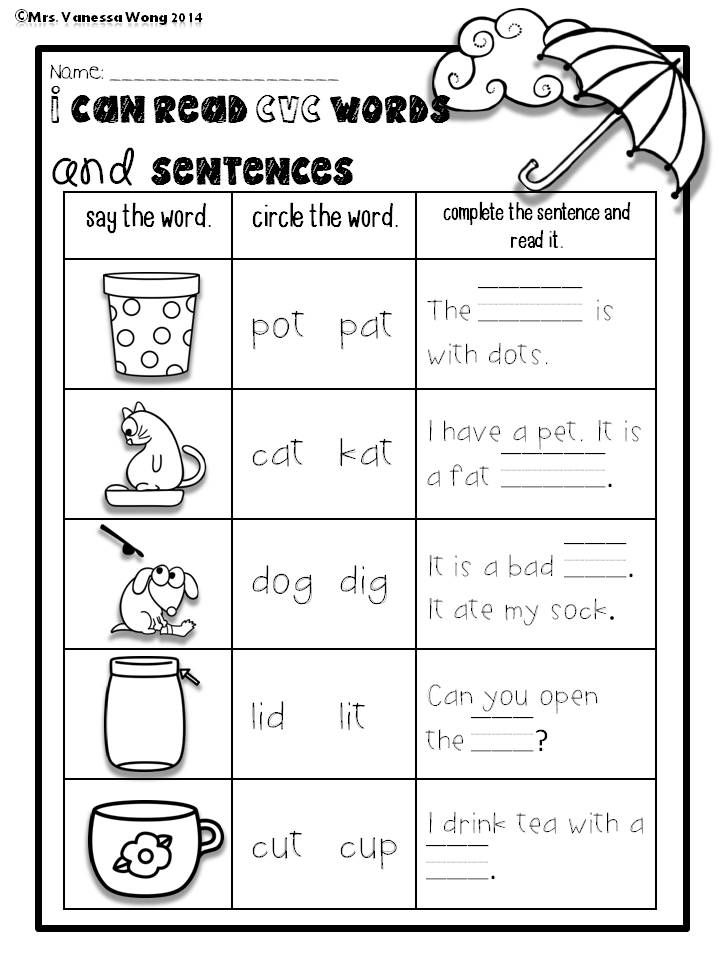 (to buy groceries)
(to buy groceries)
• The cat climbed a tree to. (let the dogs escape)
“Didactic game “Two-two”
“Look at yourself and say that we have two?. Two eyes, two ears, two elbows, two shoulders, two knees.
What about two of us?. Two arms, two legs, two heels, two cheeks, two nostrils.
Well done, now continue”:
two cucumbers. cucumber vase - two ... vases
chair - two. chairs cherry – two…cherries
table – two…tables drain – two…plums
cat – two…cats cat – two…cats cup – two…cups
window – two…windows car – two…cars
wood - two ... trees
tulip - two ... tulips rose - two ... roses
tomato - two ... tomatoes
saucepan - two ... saucepans suit - two ... suits T-shirt - two ... T-shirts
Development of conceptual thinking
“Finally”
Limons are acidic and sugar ...
The dog barks, and the cat ...
is dark at night, and during the day ...
- Green grass, and the sky .
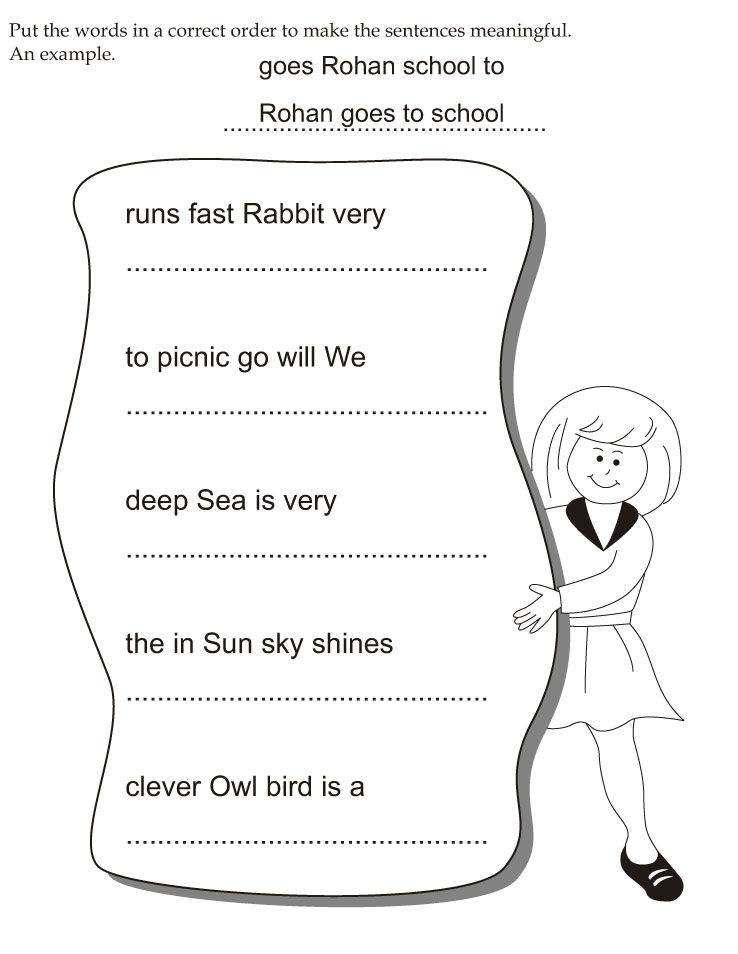 ..
..
Winter is cold and in summer …
You eat with your mouth and listen …
In the morning we have breakfast, and in the afternoon …
A bird flies, but a snake …
A man has two legs, but a dog …
Birds live in nests, but people …
It snows in winter and in summer …
You read with your eyes, but you write ...
Knitted from wool, but from fabric ...
A ballerina dances, and a pianist ...
They saw wood, and nails ... …. The coal is black, and the snow…. The sofa is soft, and the bench ... . Strawberries are small, and strawberries ... . Tanya draws well, and Ira .... Thick porridge is boiled or ... . The stream is small, and the river .... .
Learn to select words denoting actions (verbs)
Mom sews, cooks, buys, washes, cleans, washes, bakes, knits, fries, knits, sews, etc.
Dad - reads, works, writes, plans, repairs, paints, clogs, helps, etc.
Aircraft - honking, flying, landing, landing, taking off, etc.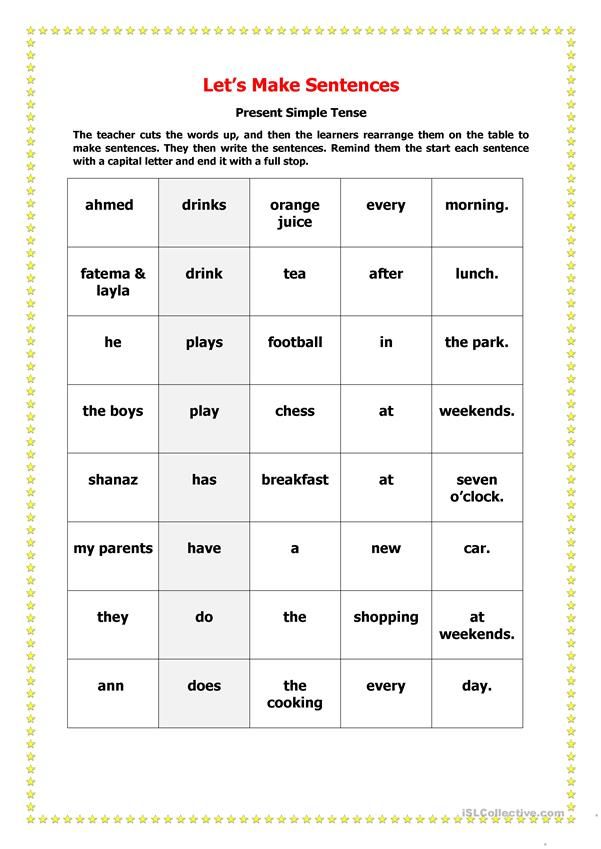
Leaf - withers, turns green, falls off, turns yellow, rustles, rustles, grows, blossoms, etc.
The sun - sparkles, warms, bakes, shines, warms the earth
Word game “What does it taste like?”
Lemon - sour
Apple - sour -sour
banana - sweet
pepper - bitter
pears - sweet
onions - Gorky
Orange - Swey -Service
watermelon - Sweet
9000
What word is what word is a word too much?"
Aspen, aspen, aspen, donkey, boletus
Poppy, wild rose, hissing, hissed
Mountain, mountainous, mountainous, hillock, bitter, mountains0003
Goose, gosling, goose, gander, caterpillar
Game "Who is faster and more correct?"
is hungry like ...
cunning like ...
cowardly as ...
pouted like ...
stubborn as ...
as ...
works like ...
Having renovated like ...
Words for certificates, hare, hare, hare snake, turkey, fox, wolf, ox
"True or false"
- apples grow on a birch
- a rooster laid an egg
- The number 5 is more than the number 4
- cows fly very low
- Hares live in the forest
- Sparrow - insect
- Taracan - Bird
- sofa - Pets
- In any elephant has a trunk
- a squirrel has six legs
- Vegetables grow on trees
- Fruits grow on trees
- Mushrooms and berries grow in the forest
- Teeth should be brushed 10 times a day
- Cats and mice are great friends
- “One is a lot”
- - lions puppy- puppy
- eagle- eagles of piglets- piglets
- sparrow- veils- calves
- goat- goat hedgehog
- Pig- foal
- wing - wings - kittens - kittens
- Feather - feathers - squirrels - squirrels
- Nest - nests - chicken - chickens
- 90 065 cabinets0066
- yard - glasses glass - glasses
- cloaks - rachers - rooks
- - things notebook - notebook
- house - rhino - rhinos
- eyes - eyes city - city
- wire - cold - cold
- Chair - chairs tree - trees
- Leaf - leaves sock - socks
- Stocking - stockings piece - pieces
- Day - days forehead - foreheads
- Stump - stumps dream - dreams
- Ear - ears
“Guess which word is superfluous? Why?"
Armchair, sofa, saucepan, table
Wolf, bear, cow, squirrel
Horse, hare, cat, dog
Butterfly, dragonfly, fly, sparrow
Perch, frog, carp, pike
Maple , chamomile, birchOrange, tangerine, cabbage, pear
Morning, summer, winter, autumn
Sausage, cottage cheese, cheese, milk
Apple, plum, cucumber, pear.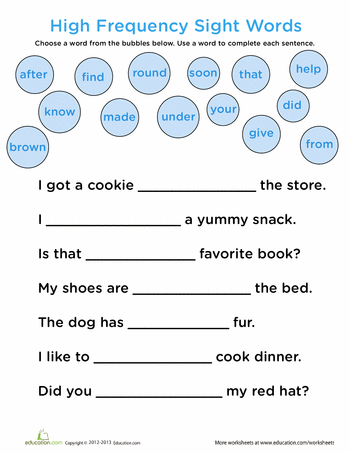
Milk, cottage cheese, sour cream, bread.
Hour, minute, summer, second.
Spoon, plate, saucepan, bag.
Dress, sweater, hat, shirt.
Birch, oak, strawberry, pine.
Soap, broom, toothpaste, shampoo.
Brave, wicked, bold, courageous
- "Say one word"
(in some cases two words must be used)
Wolf, hare, fox (wild animals)
Cow, sheep, dog.
Sparrow, crow, tit.
Oak, birch, pine.
Chamomile, bluebell, aster.
Tomato, cucumber, carrot.
Apple, pear, orange,
Strawberry, strawberry, raspberry.
Honey mushrooms, chanterelles, boletus.
Summer, winter, autumn
January, February, March
Monday, Tuesday, Wednesday.
Spoon, plate, pan
Wardrobe, sofa, bed
Millet, rice, buckwheat
Mind flexibility exercise,
vocabulary increase.
- Give words for trees (birch, pine, spruce…)
- Give words for animals.
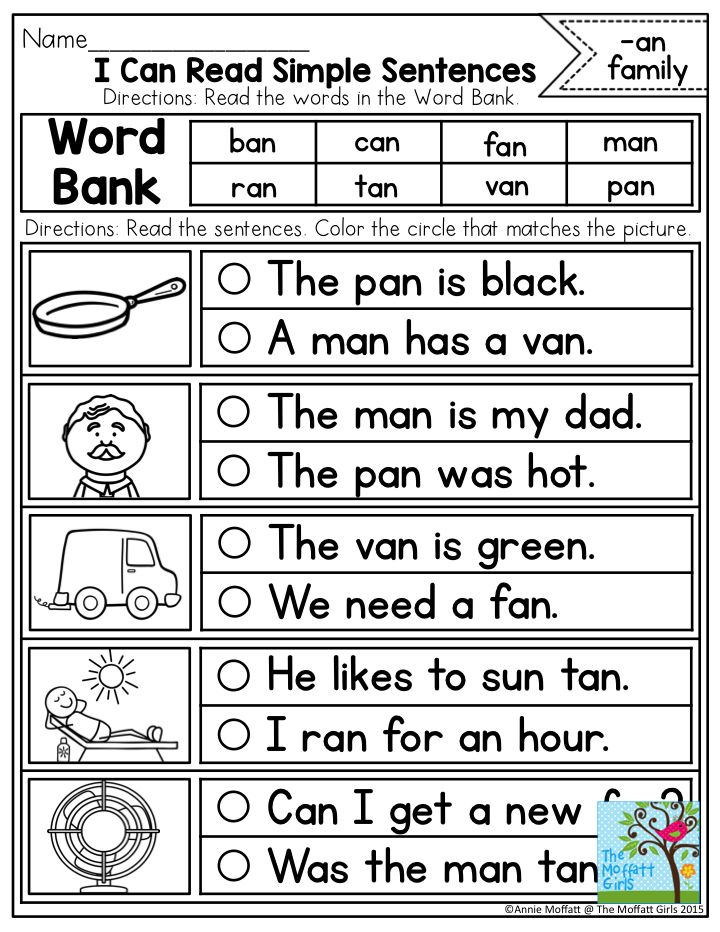
- Name the words for pets.
- Name the words for transport.
- Name words for vegetables (fruits)
- Name words for insects.
“Continue the offer”
Trees and shrubs grow in the garden …
Growing in the vegetable garden …
Mom makes compote from …
Borscht is made from …
- “Answer the questions”
- Who treats people?
- Who teaches children?
- Who plays football?
- Who goes to school?
- Who cooks the food in the cafeteria?
- Who sells things and products?
- Who drives the bus?
- Who sews clothes in the atelier?
- Who is fishing?
- Who cuts our hair and does our hair?
- Who builds houses?
- Who brings up children in kindergarten?
- Who draws pictures?
- Who writes books, poetry?
- Who makes everyone laugh and have fun in the circus?
- Who is flying the plane?
- Who puts out fires?
- Who are your parents by profession?
“Who is doing what?”
Cook _____ Doctor ________
Teacher ________ Artist _______
Ballerina ________ Singer __________
Seamstress _______
Cleaner _______
Salesman ______ Builder ________
"Finish the offer"
The car is driven by .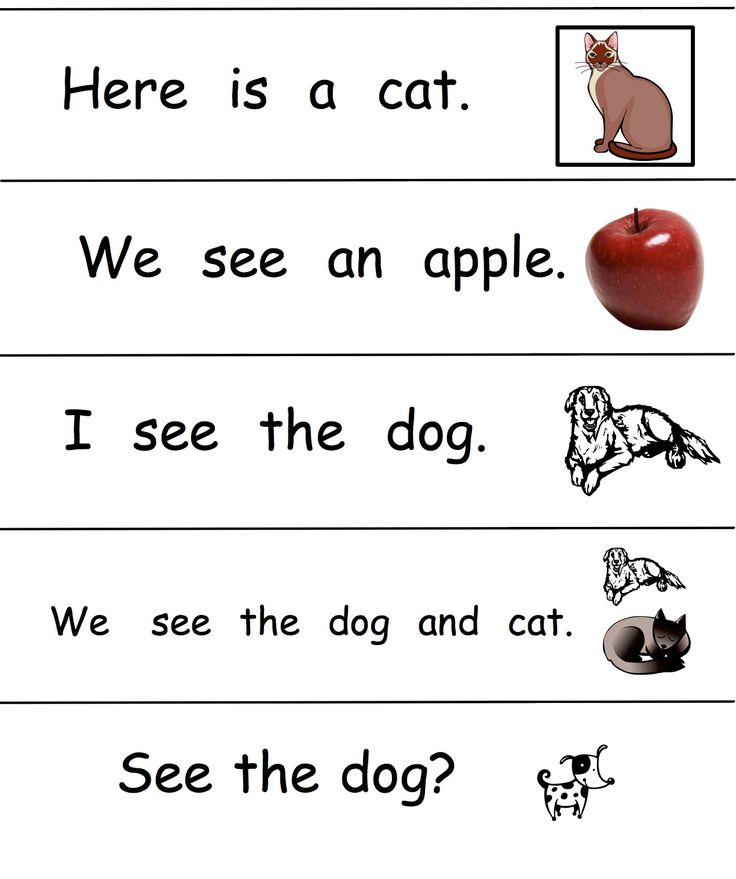 .. (driver).
.. (driver).
The train is driven by … (driver).
The aircraft is controlled by ... (pilot).
The bus is driven by … (driver).
On the ship are ... (sailors)
“Who is doing what?”
Carpenter - plans a singer - sings
Painter - paints a writer - writes
Weaver-tuttor artist-draws
seams-sews a teacher-teaches
cook-cooks a doctor-heals
baker-border border guards-keeps
milkmaid-flies
shepherd-sailor passes
Mowers - mowing guard - guarding
"Make a word out of two"
Short tail - short tail,
Long ears - ...
oblique paws - ...
Blue eyes - ...
Walks everywhere - ...
meat cuts - ...
Cooks itself - ...
itself flies - ...
"Say the opposite"
The tree is tall and the bush is low. The bear is big and the bear is small. The river is wide, but the stream is narrow. The rope is thick and the thread is thin. Cows have long tails and goats have short tails. The birch is white and the blueberry is black. The old man is old and the young man is young.
Cows have long tails and goats have short tails. The birch is white and the blueberry is black. The old man is old and the young man is young.
“Say the other way around”
In the daytime - light, at night - ...
Sugar - sweet, salt - ...
Pepper - bitter, candy - ...
In winter - cold, in summer - ...
House - large, hut -...
Bear - strong, hare - ...
Feather - light, stone - ...
Child - short, adult - ...
Grandson - young, grandmother - ...
Hare - wild, cat - ...
Fox - moves quickly, turtle - ...
Baba Yaga - ugly, Thumbelina - ...
Eating vegetables is good, eating snow is …
“Say the opposite”
I enter the room, and my mother comes out of it ……
Mom pours water into a watering can, and I put her ….
The ship sails to the pier, and the boat ... ..
Masha collects the pyramid, and Kolya .......
“Tell me the opposite”
Clean - dirty
Bad - well - well -wide - narrow
hot - hot - hot - hot cold long - short
healthy - sick - new - old
evil - good - high - low When crossing the street, look to the left, and then .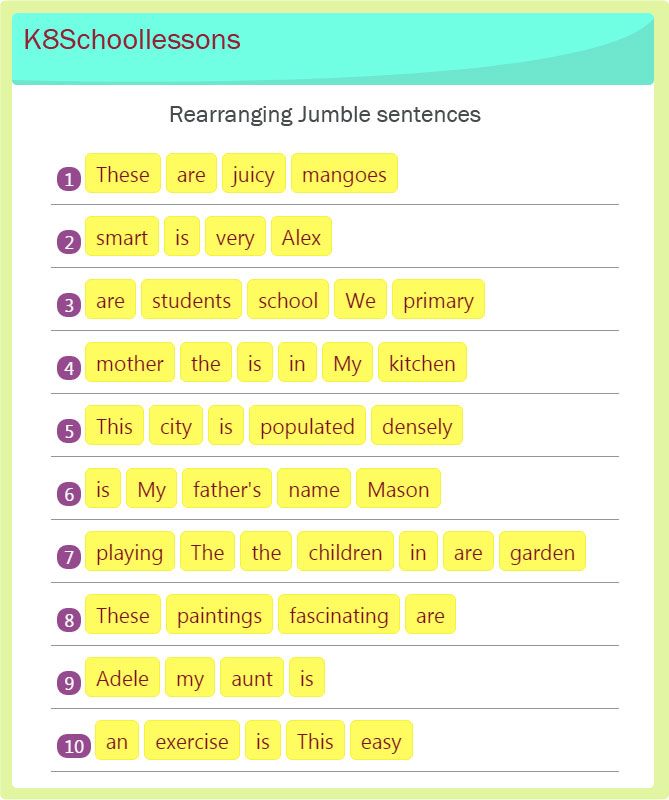 .. ... You must enter the bus through the back door, and exit through .... On the train, grandfather slept on the bottom bunk, and I on .... shelf.
.. ... You must enter the bus through the back door, and exit through .... On the train, grandfather slept on the bottom bunk, and I on .... shelf.
Kolya is usually ruddy, and after illness he is …
The lake is shallow near the shore, and further …
“Say the opposite”
- I will speak the word, you also speak, but only in reverse.
For example: large - small, etc.
Merry - sad fast - Slow
Empty - full - thick - thick
smart - stupid - light
cowardly - Brave white - black
90,000 Slender games in kindergartenWord games in kindergarten
Word games are aimed at development of phonemic perception, development sound pronunciation, development of intonation expressiveness of speech.
Games are also aimed at preparing children for literacy training. They include verbal analysis composition of sentences, sound and syllabic word structure, familiarization with terms "sentence", "word", "sound", "syllable", "emphasis".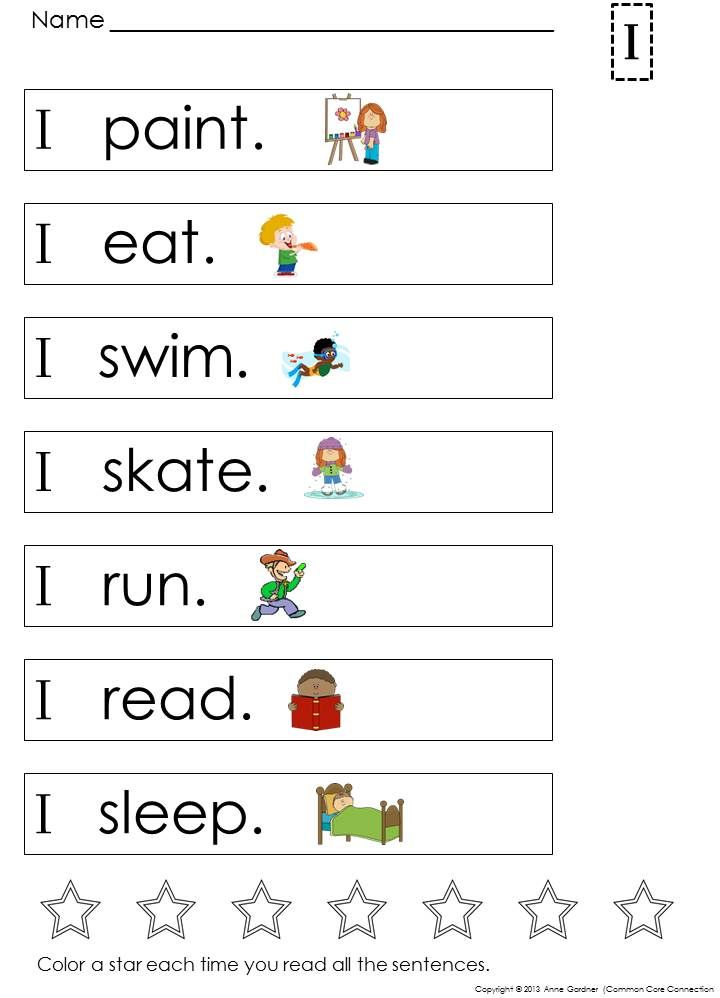
Play uses a variety of toys and Pictures. This is an approximate set. He can be replaced by similar items teacher's discretion.
It is recommended to organize free games from classes time at the request of the children.
- Word game "Riddles of the pink elephant" (sounds [s], [h])
- Word game "Find the object" (sounds [s], [h] 905 905 Word game "Remember and draw" (sounds [s], [s])
- Word game "A ship runs across the blue sea" (sounds [s], [s])
- Word game "On the street Dve chickens fight with a rooster" (sounds [s], [c])
- Word game "Guess the object" (sounds [s], [c])
- Word game "Guess by touch" (sounds [s], [c])
- Word game "Telephone" (sounds [s], [c])
- Word game "Tell me a word" (sounds [w], [g])
- Word game "Courdrey gave Klasha" (sounds [w], [g])
- Word game "We compose stories" (sounds [w], [g ])
- Word game "Find a toy" (sounds [w], [g])
- Word game "Divide words into parts" (sounds [h], [w])
- Word game "Guess by description" (sounds [h], [u])
- Word game "Funny nonsense" (sounds [h], [u])
- Word game "Funny horror stories "(sounds [h], [u])
- Word game "Tell me the last word" (sounds [s], [sh])
- Word game "Game for attention" (sounds [s], [ w])
- Word game "Holes in the cheese" (sounds [s], [s], [sh])
- Word game "Composing nursery rhymes" (sounds [s], [sh])
- Word game "Warm-cold" (sounds [z], [g])
- Word game "Erudites" (sounds [ h], [g])
- Word game "Already ran along a crooked path" (sounds [g], [h])
- Word game "Changeling Jokes" (sounds [g], [h])
- Word game "Playing with sounds" (sounds [c], [ch])
- Word game "Like a rooster bakes pies in the oven" (sounds [c], [h])
- Word game "Guess by voice" (sounds [c], [ch])
- Word game "Well, the little sister is a spoiled child" (sounds [c], [h])
- Word game "We conjure" (sounds [s], [ss], [u])
- Word game "Gold coins fall from a branch" (sounds [s], [ss], [u])
- Word game "Riddles" (sounds [s], [s], [u])
- Word game "Dog show" (sounds [s], [s], [u])
- Word game "Guess the word" (sounds [p], [p])
- Word game "Listen to the word" (sounds [r], [l])
- Word game "Experts" ( sounds [p], [l])
- Word game "Feast in the old castle" (sounds [p], [p], [l], [l])
GAMES FOR PRE-KIDS
Word games will help preschool children to practice phonemic hearing, the ability to form words with the help of suffixes and prefixes, to build sentences.